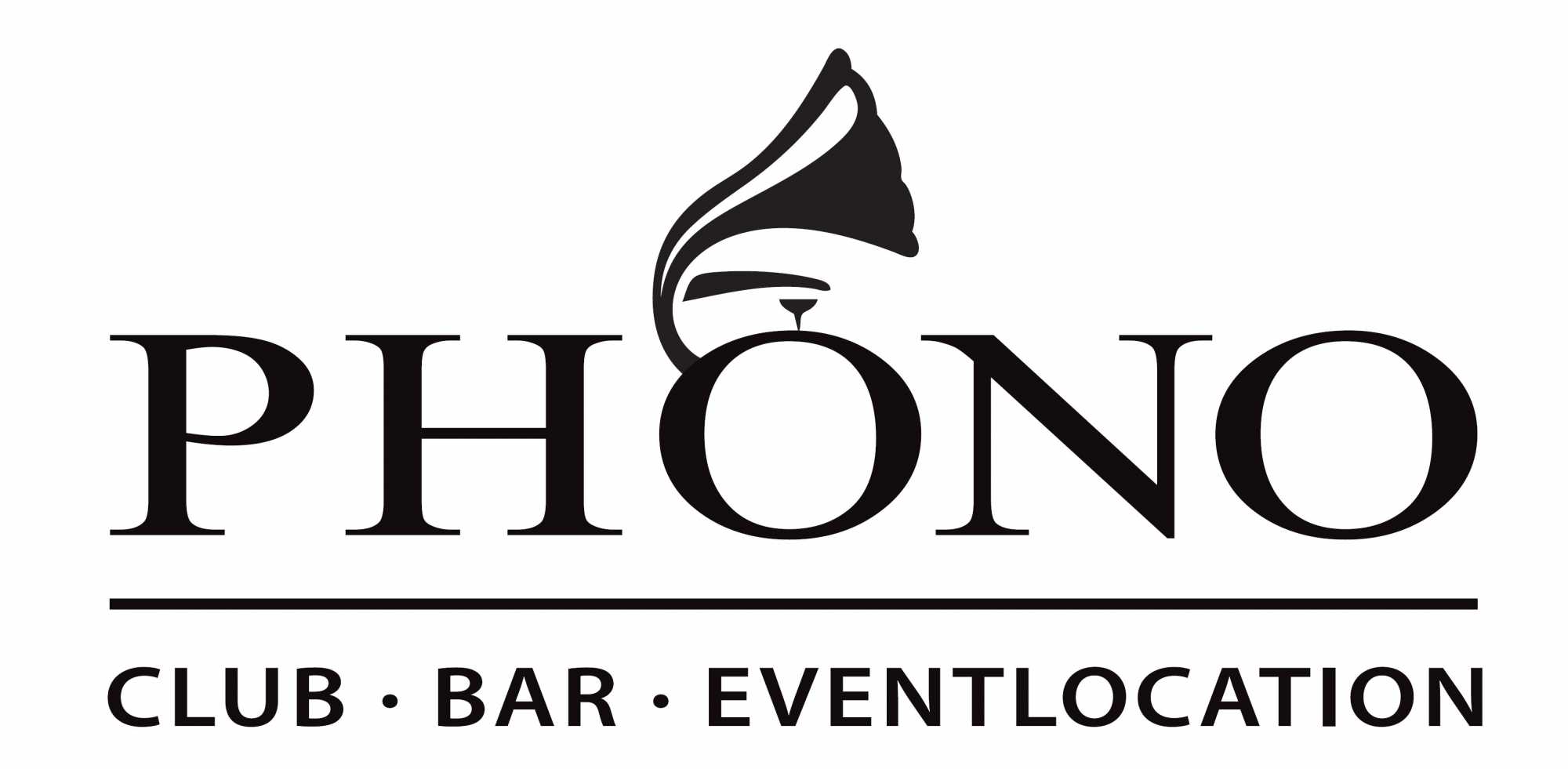The Danish referee team enters the Manfred Werner Stadium in Flensburg-Weiche well before the start of the match. Framed by her assistants Rami Ahmed, Jørgen Lauritzen and Nikolaj Ibsen, Jule Alsbro Thomsen walks from goal to goal and checks that the nets are hanging correctly. In eighty minutes, she will blow the whistle for the women's final of the EUROPEADA between the teams from South Tyrol and North Friesland. "The chairman of the Danish Football Association asked me if I would like to take part", says Thomsen. She had heard about EUROPEADA beforehand, as friends of her parents are members of the German minority in Denmark. "It's a great tournament", she says.
Lots of emotions at play
Thomsen is something of a star of her guild at EUROPEADA. Almost two years ago, she was at the centre of a Danish TV documentary about what motivates young people to become referees, even though they experience a lot of negative reactions in the job.
"I like the challenges that this role always brings", says Thomsen ahead of the EUROPEADA final. "You have to deal with all kinds of emotions - for example, when players are frustrated and want to complain."
Honoured after the final
In Denmark, the 21-year-old is already playing in the second-highest women's division (1st division) and the fifth-highest men's division. But that is by no means the end of the story. At 25, Thomsen wants to become a FIFA referee and at some point also referee in the highest men's division. "When I'm good enough", she adds.
At EUROPEADA, she really enjoyed the three matches as a referee and another four as an assistant. She didn't even have to show a red card in the final, which ended 11:1 in favour of the South Tyroleans. Afterwards, Thomsen and her team are honoured on behalf of the more than one hundred referees from Denmark and Germany who worked at EUROPEADA.
International experience
"The EUROPEADA offers our referees, who normally referee in the association and premier leagues, the opportunity to referee international matches", says Björn Adler, who, as an assessor on the referee committee of the Schleswig-Holstein Football Association, recruited the referees on the German side." Just the different characters, the different styles of play, but also the communication on the pitch, which is often in English - these are new challenges that they grow with."
Adler is positive about the application of the new rule that only the team captain is allowed to discuss with the referee. "That has definitely proved its worth," says Adler. As this rule, which was applied for the first time at the UEFA European Championship, has not yet been used by the DFB, the EUROPEADA in Germany can be seen as a pilot project for the amateur sector. Adler has one more thing to say: "All the referees have reported back that they have rarely experienced such a well-organised tournament - from the preparation and support on the pitch to the aftercare and everything that goes with it."
Application from Lower Saxony
The scheduling of the matches in the middle of the day posed a particular challenge, as the referees are usually working or studying. But the employers and schools in the region played along and were happy to release them for this international project.
If a gap needed to be filled at short notice, there was always Sascha Fricke. "Sascha was our hero", says Adler in the stands of the Manfred Werner Stadium. "We could always call on him wherever there was a problem. Sascha was very willing to travel all over Schleswig-Holstein to fill in where an assistant referee was missing." This is all the more impressive given that Fricke is not a member of the Schleswig-Holstein or Danish football associations. He lives in Lower Saxony, where he works as a referee in the district league and as an assistant referee in the regional and state leagues.
Inspired by the passion of the players
"I found out about this tournament through the coverage in the Nordschleswiger", says Fricke two hours before the men's final, in which he will act as fourth official. "My father lives here in Denmark and my mother comes from North Friesland, so the connection was already there. I've also always been interested in minorities and their history." Fricke proactively offered his services and stepped in where he could. "It was exciting to get to know the different referees and their characters and to make new arrangements with them again and again", he says, as the tension builds ahead of the final.
When asked about a special experience, he doesn't want to speak for himself, but emphasises the teams. "I was thrilled to see the teams who spend a lot of time and money to come here and play football with passion. When they sang along to the anthems in the kick-off circle, you realised what it means to them."
Sacha Fricke, alongside head referee Lennart Kunde and his assistants Daniel Feil and Lutz Jessen, will be able to experience this first-hand in the final. It was one of the most touching moments of the EUROPEADA when the Occitania team paid tribute to their recently deceased coach in the centre circle and sang the anthem acapella.
.jpg)
.png)
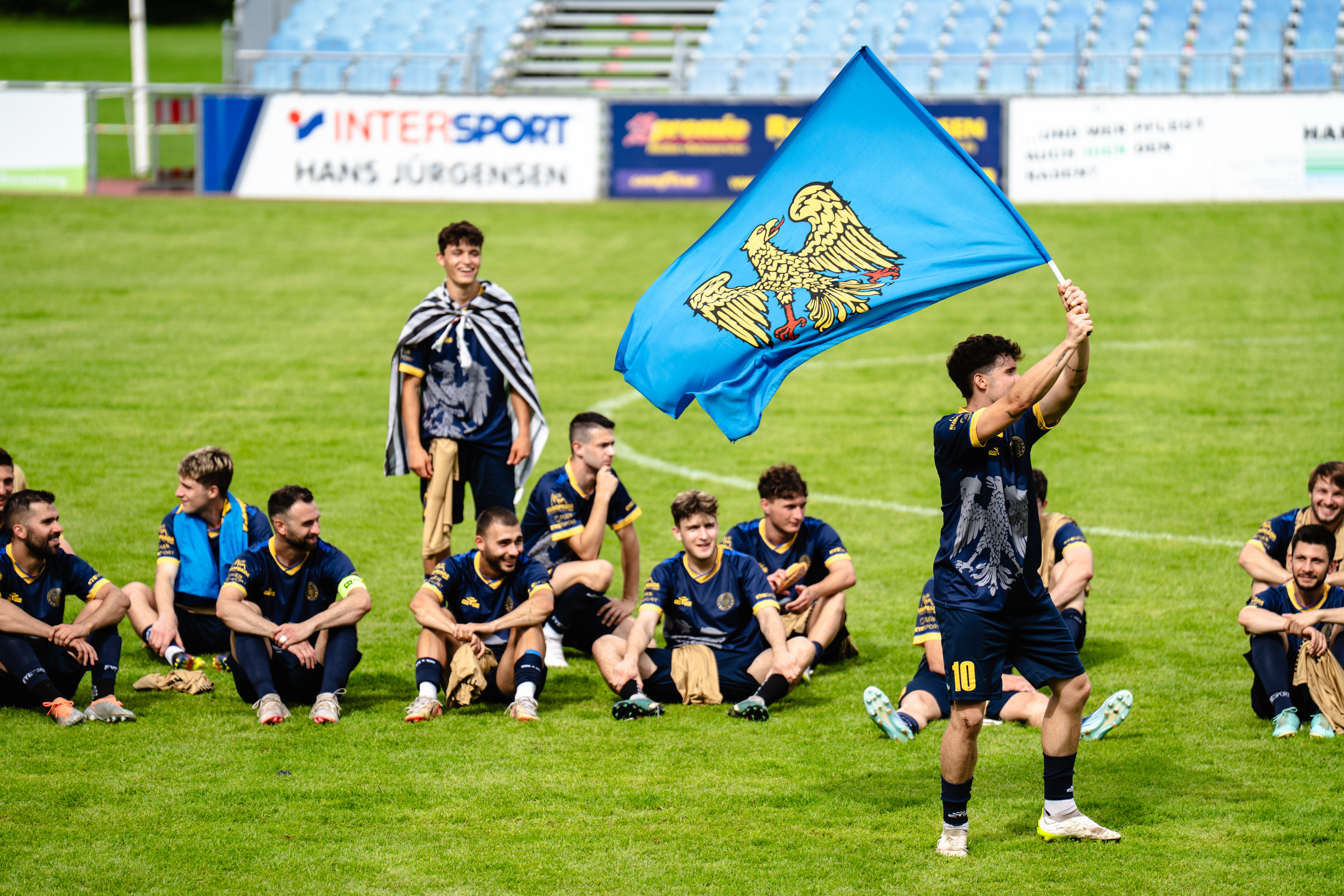
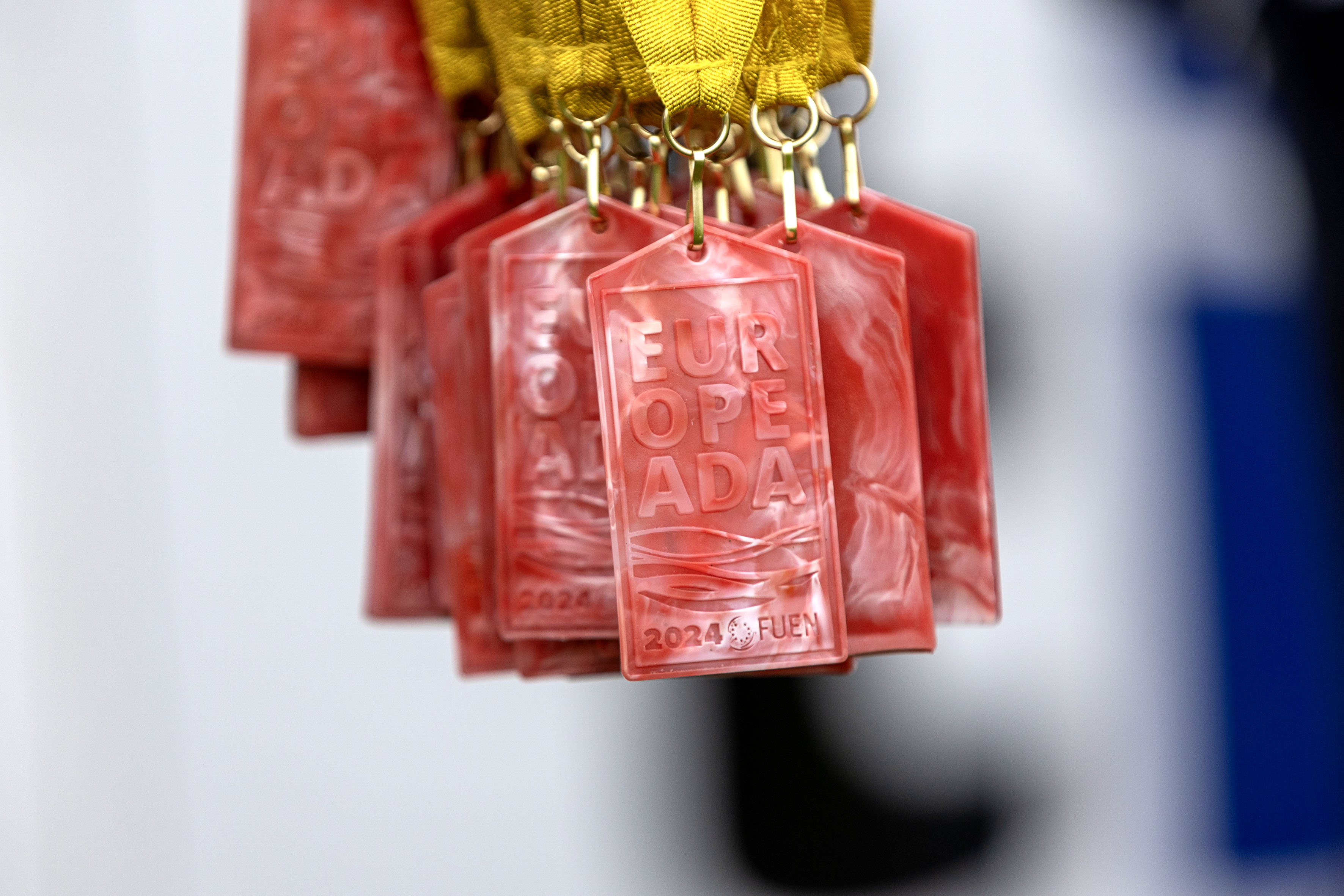

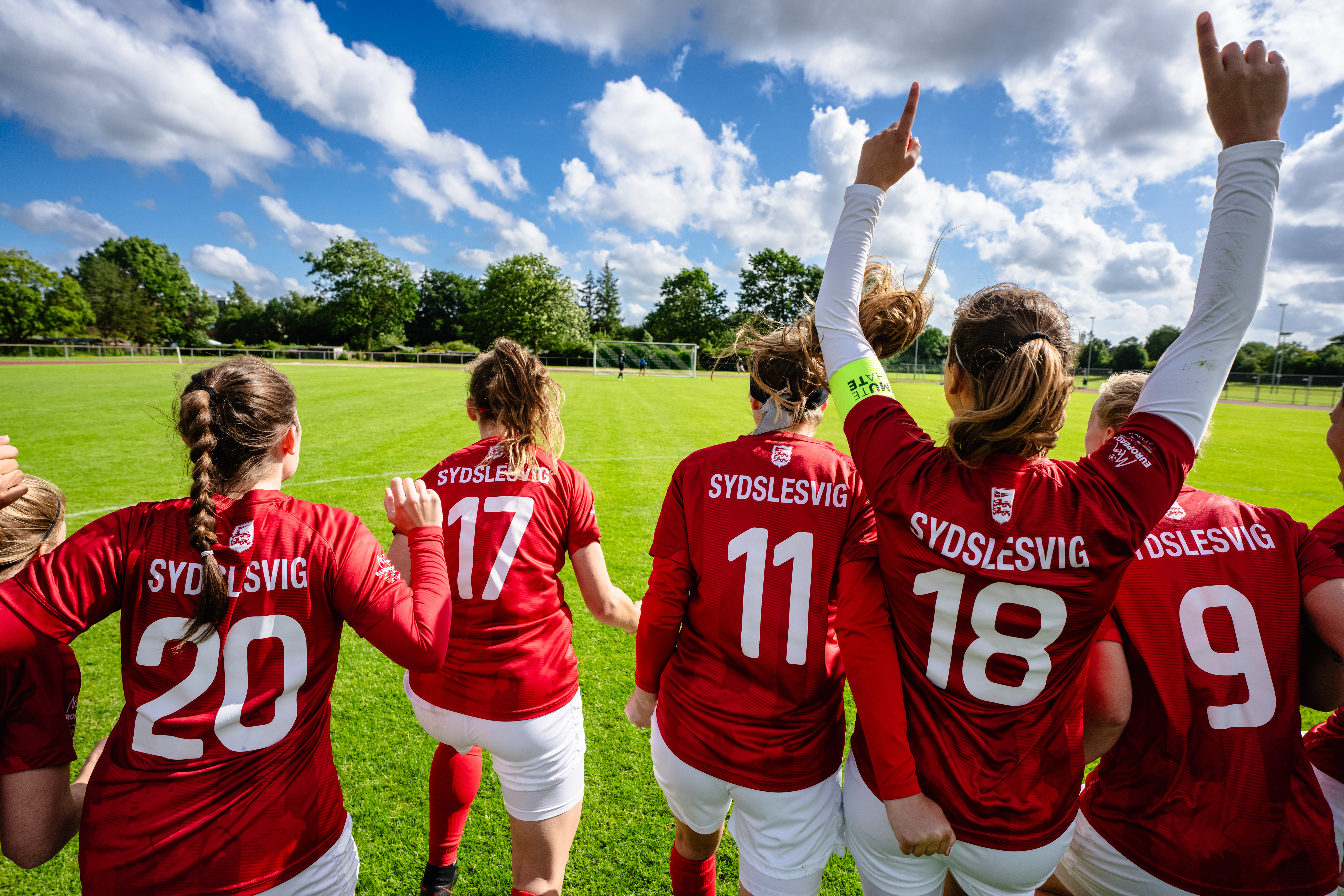

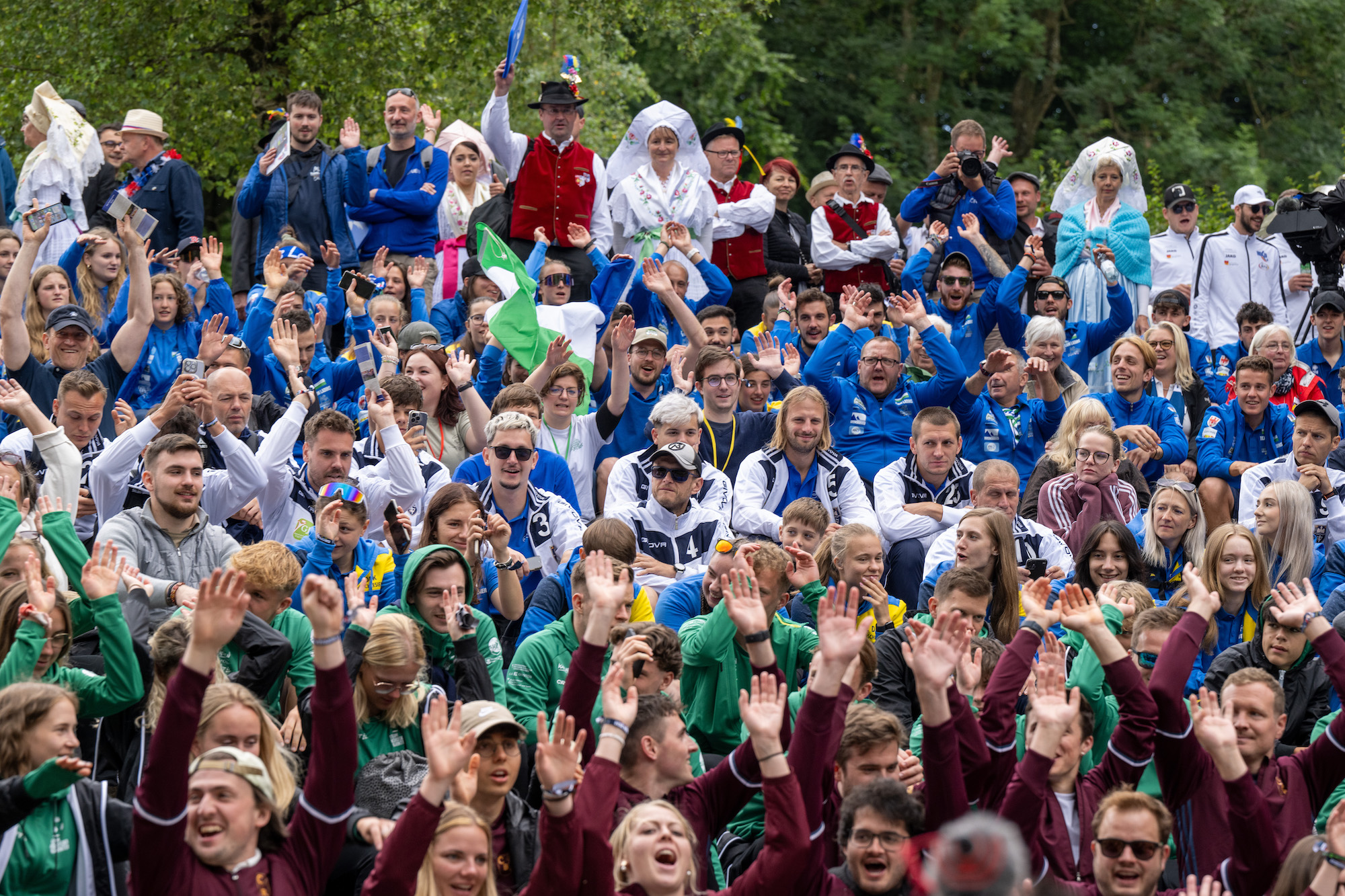
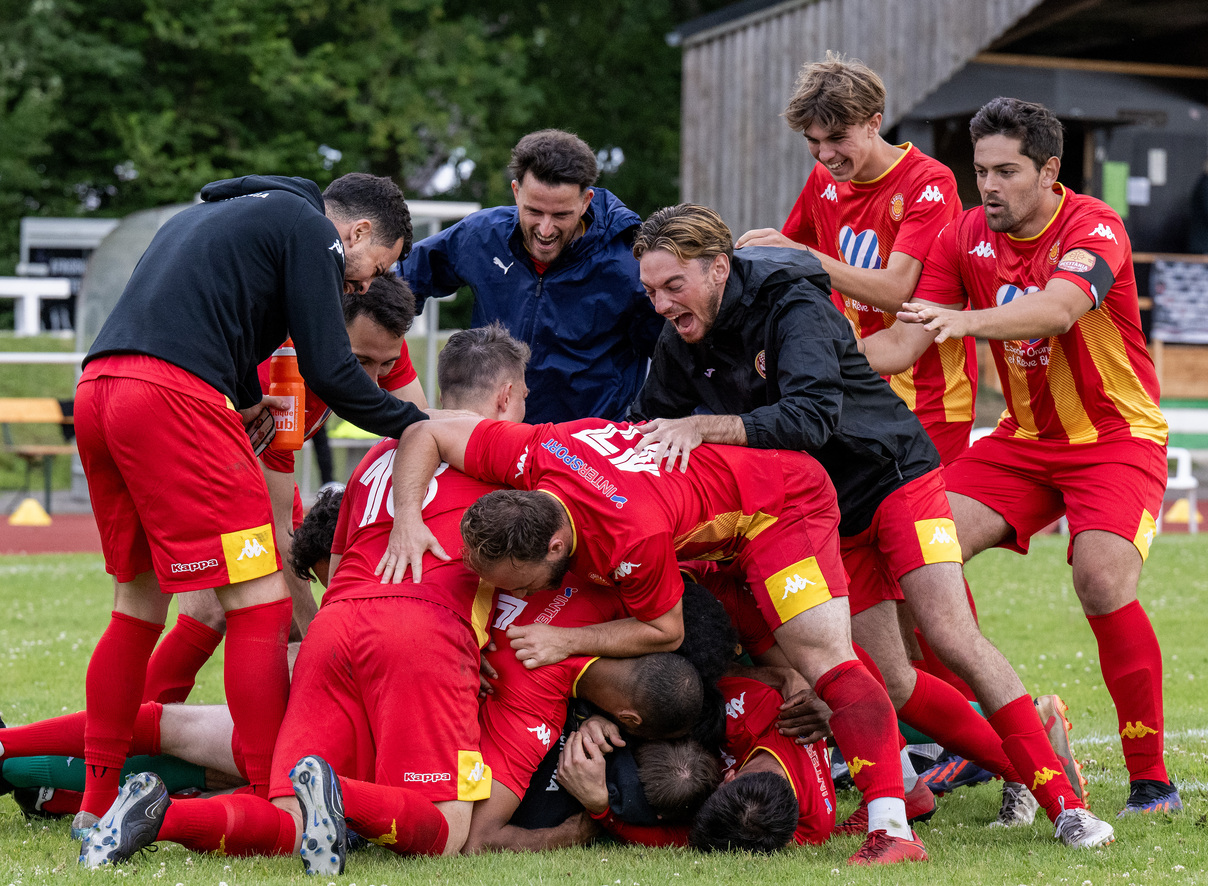
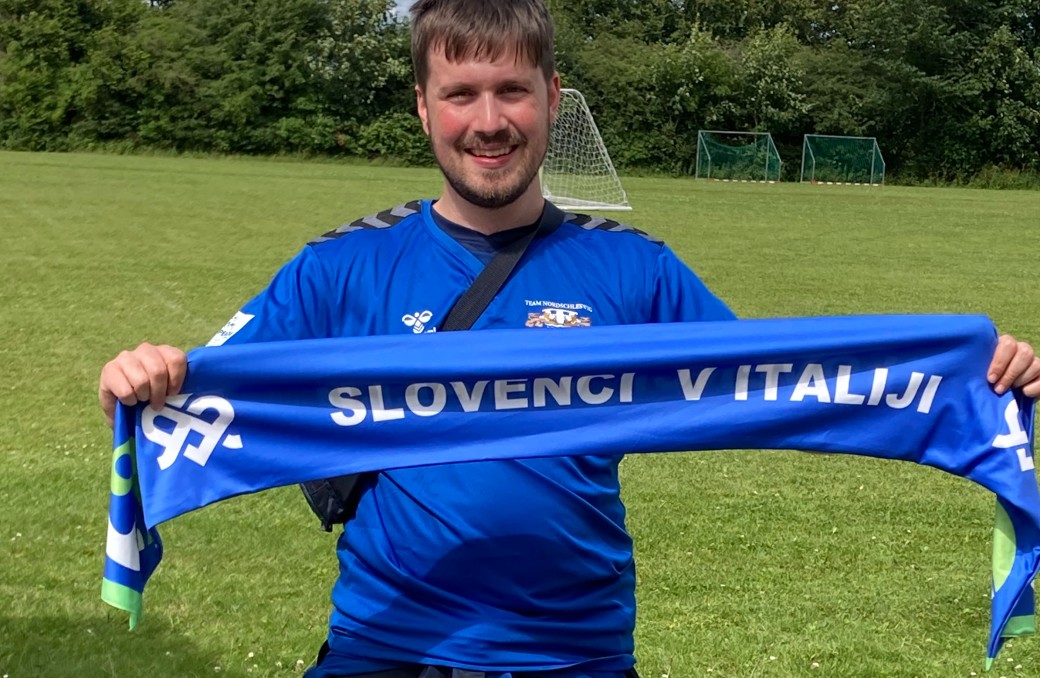
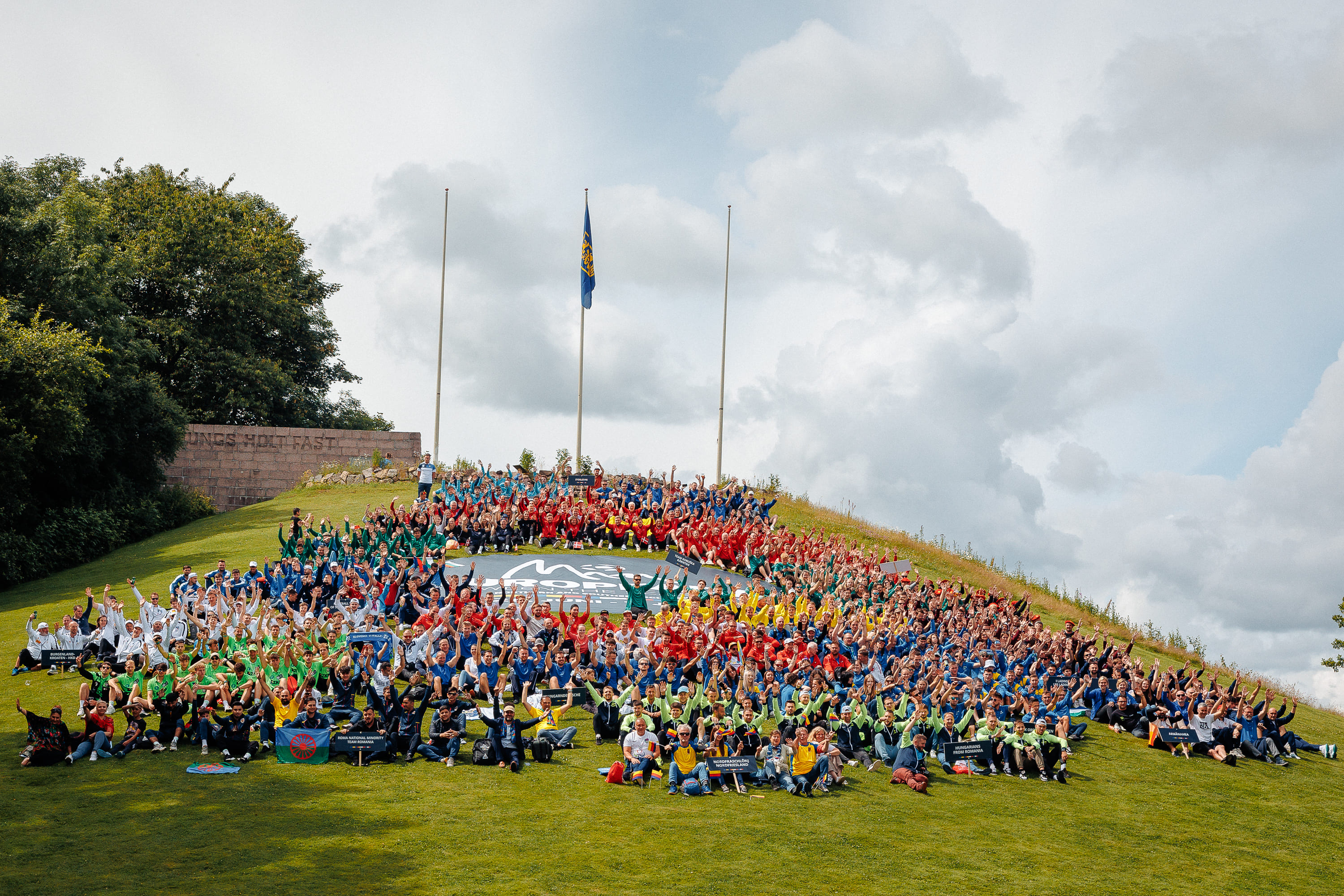
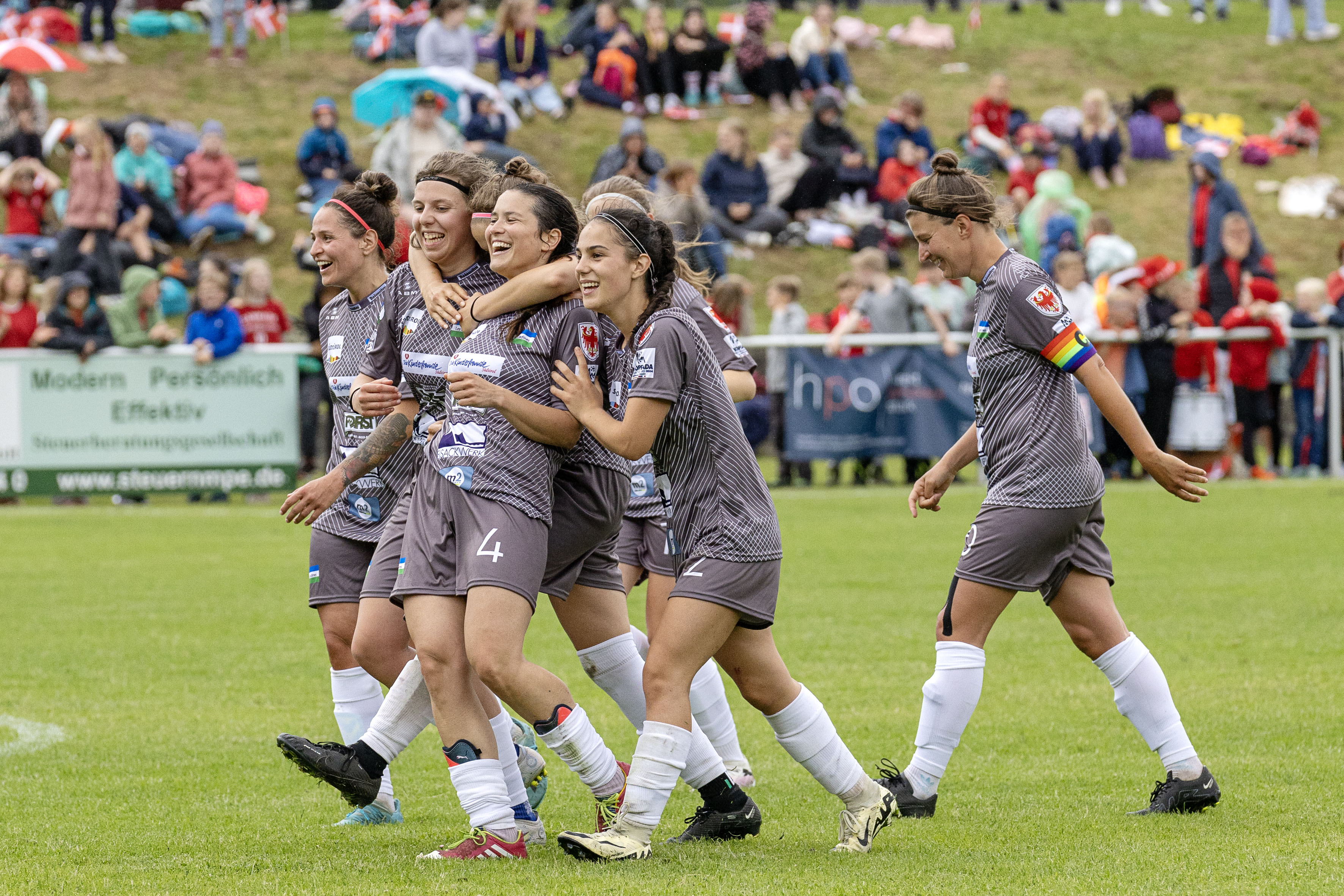
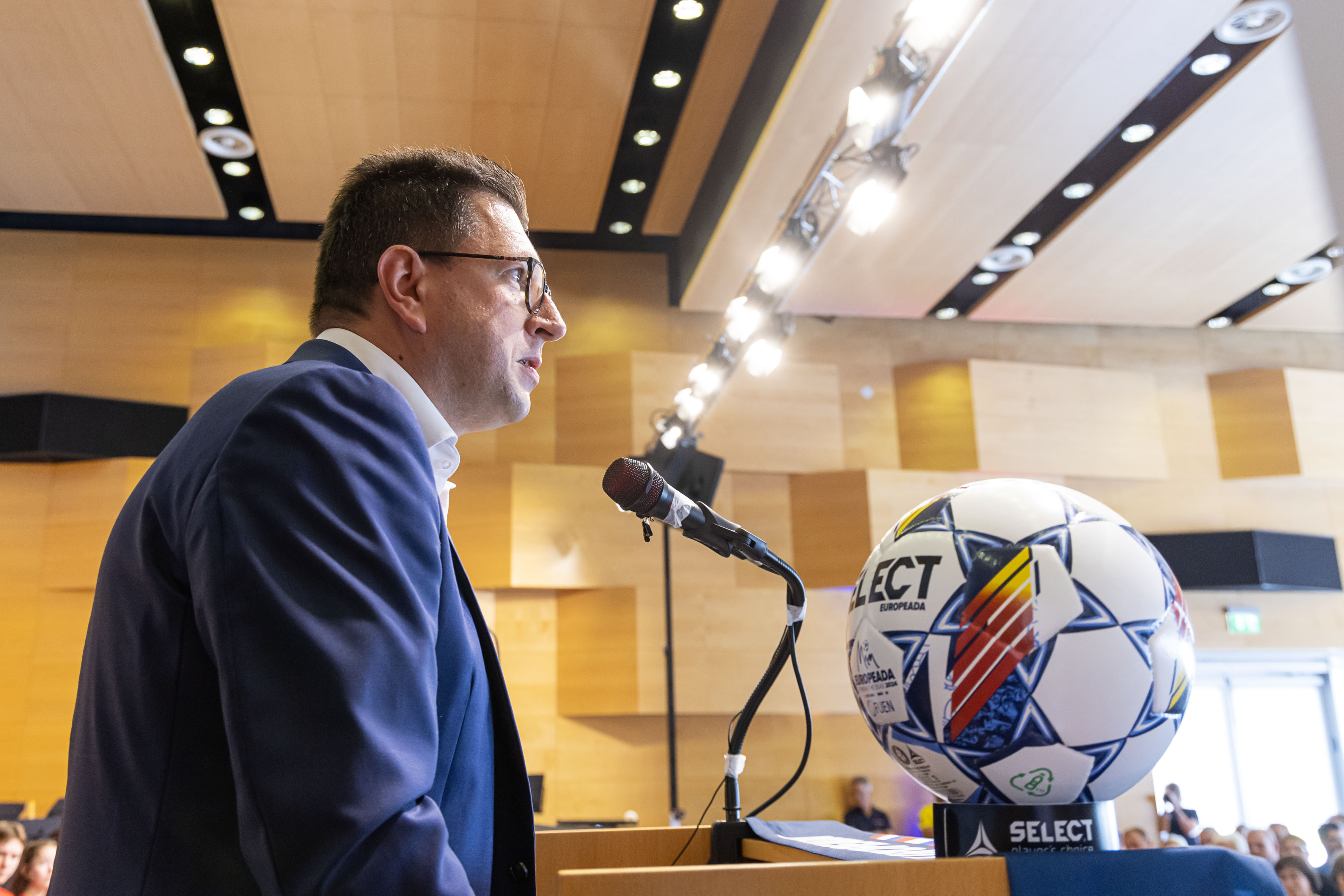
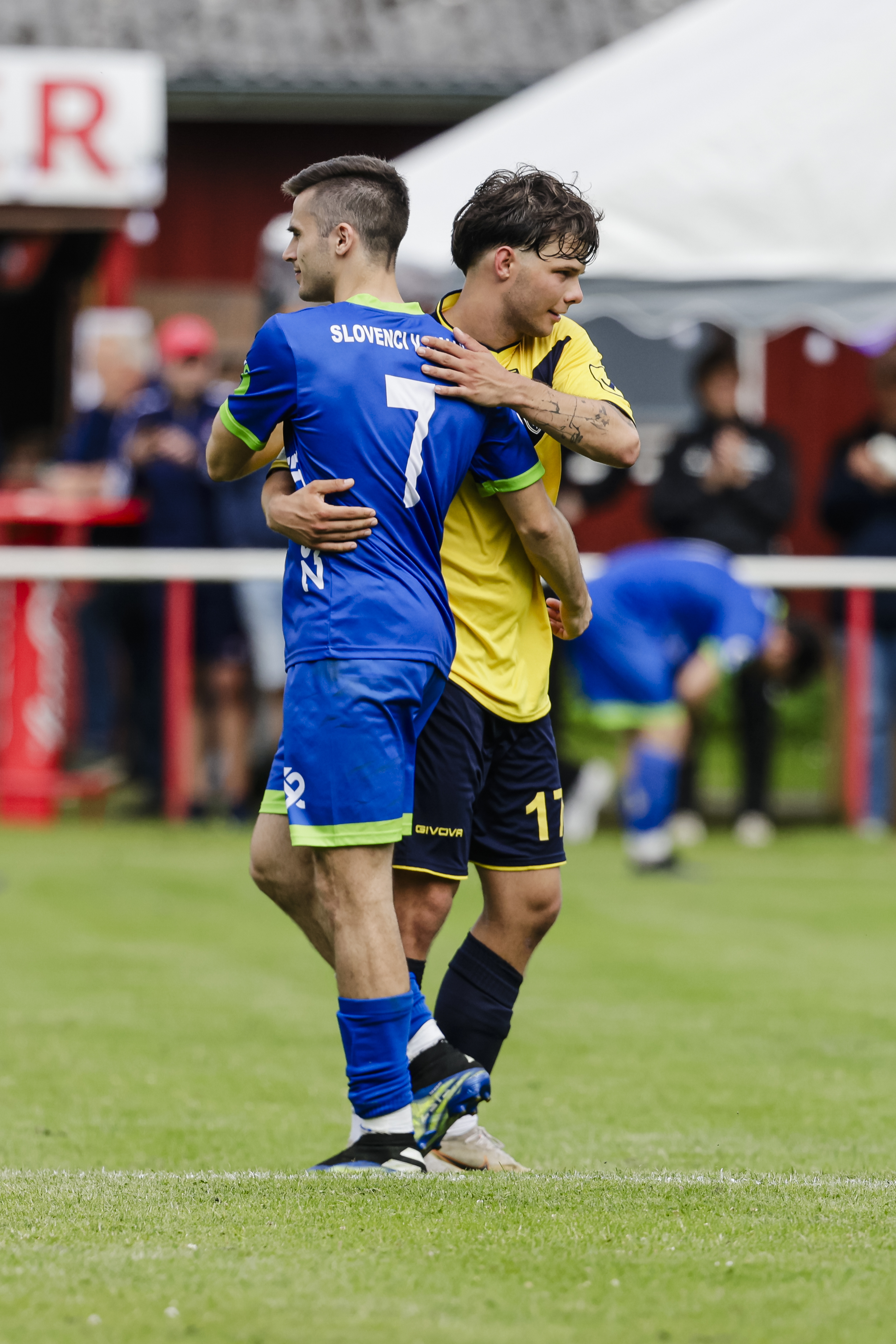
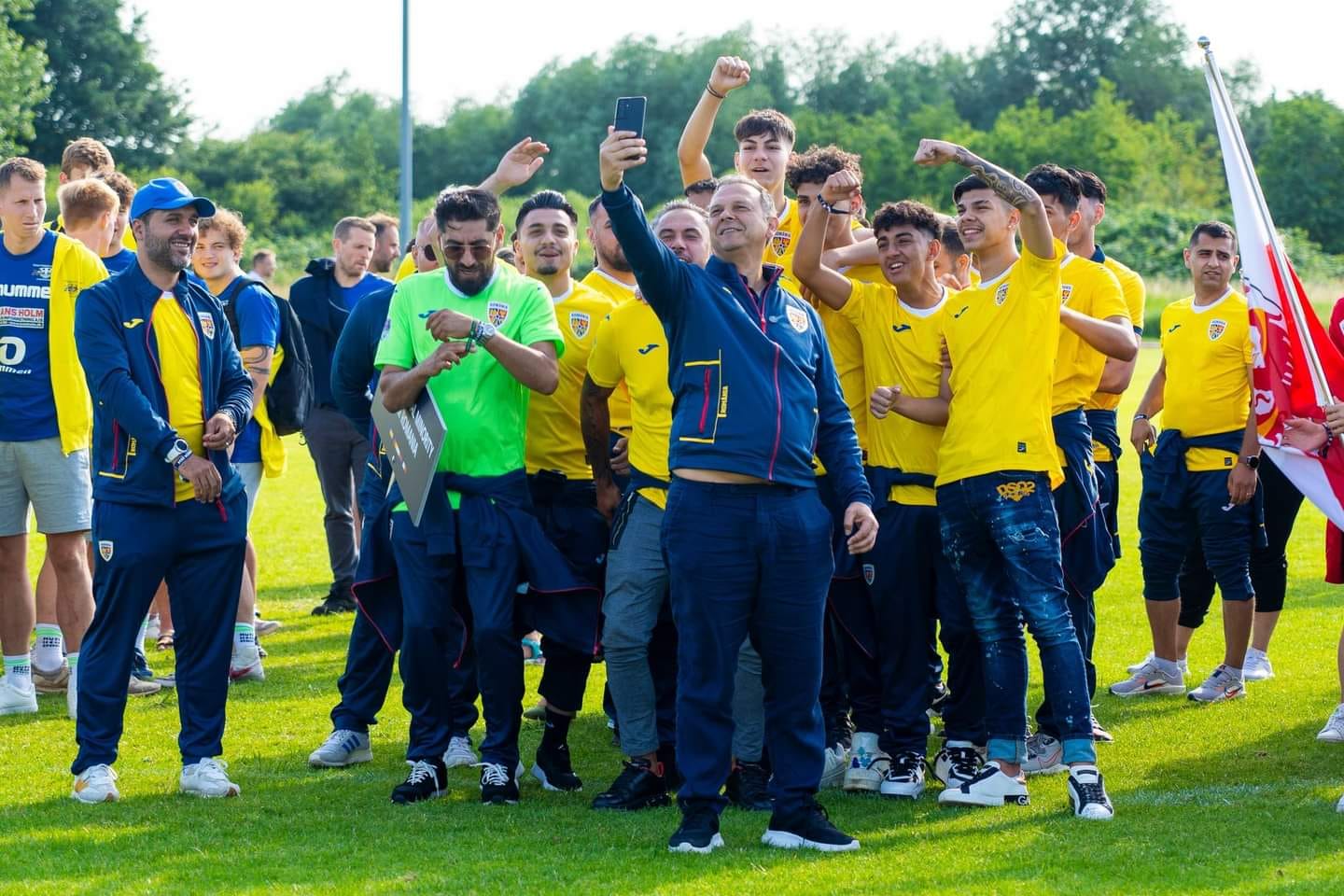
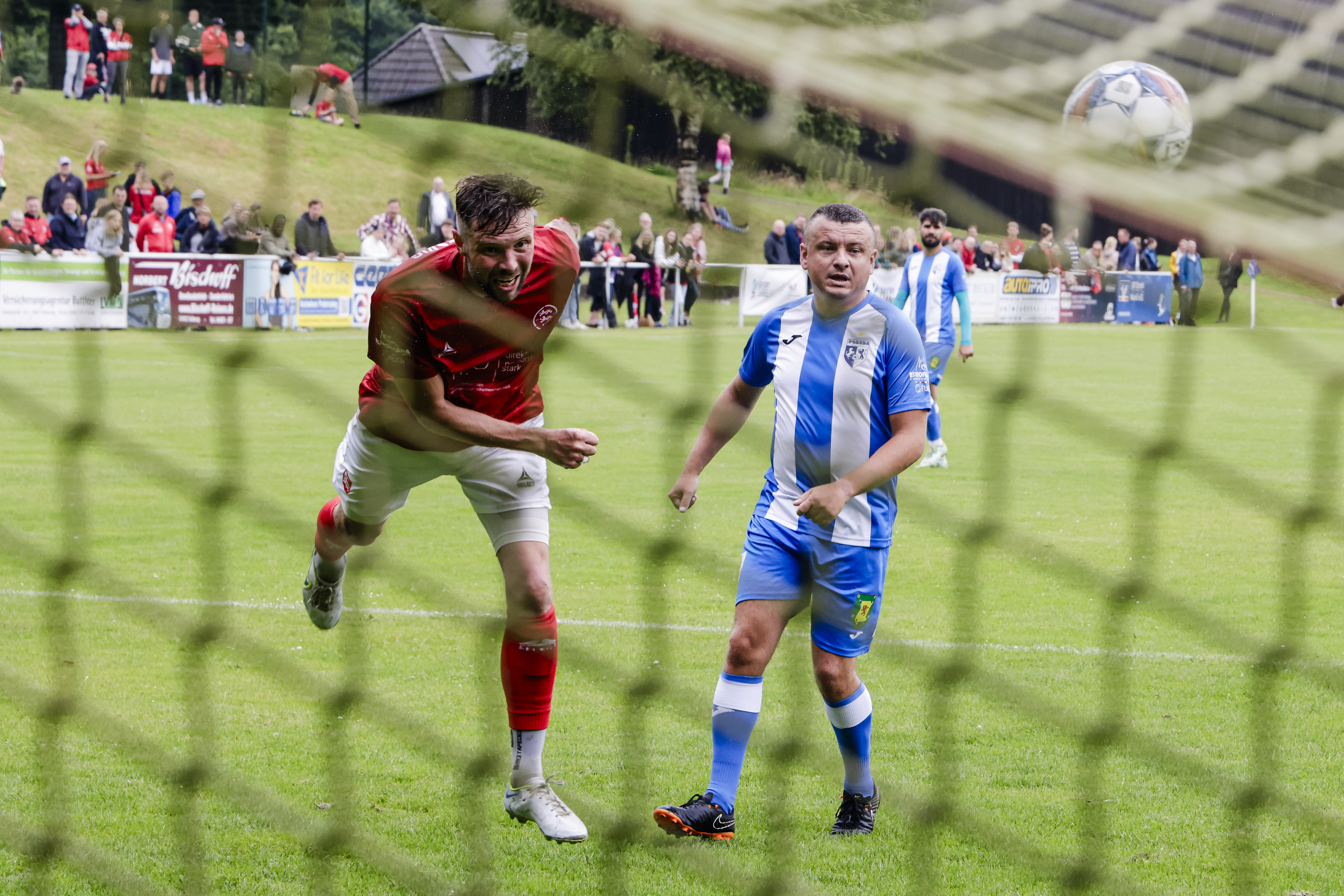
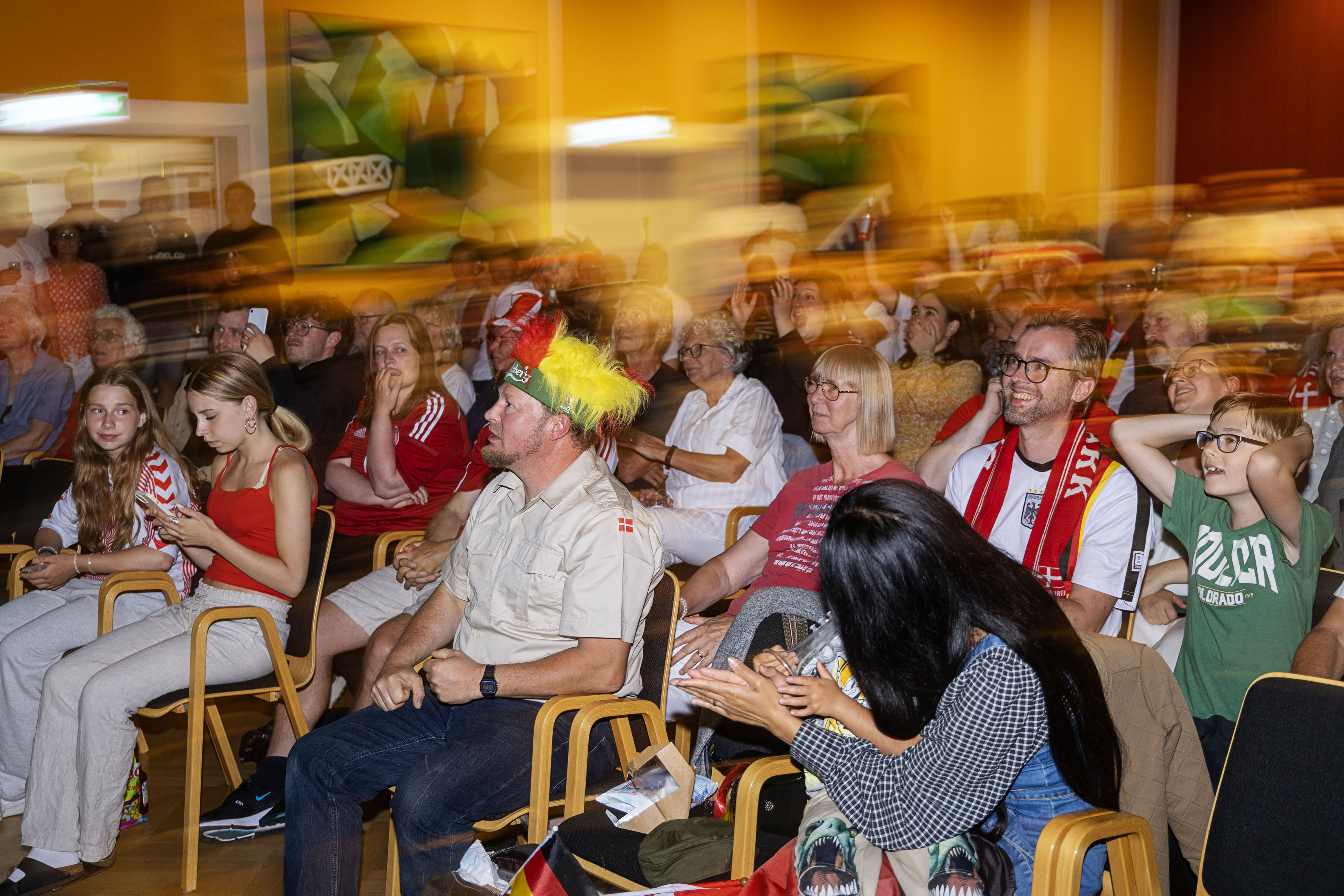
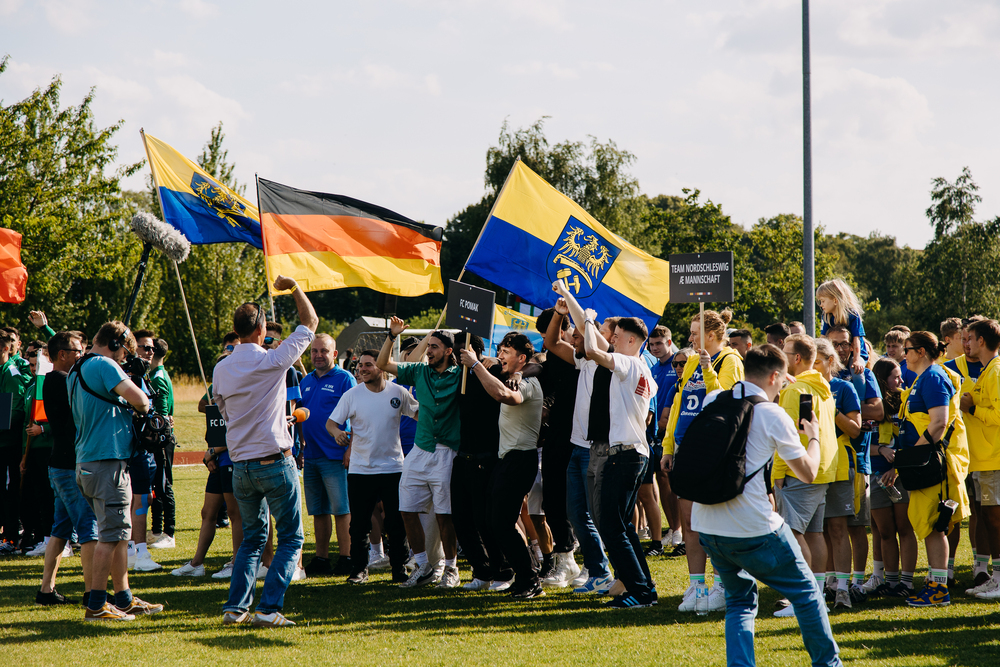
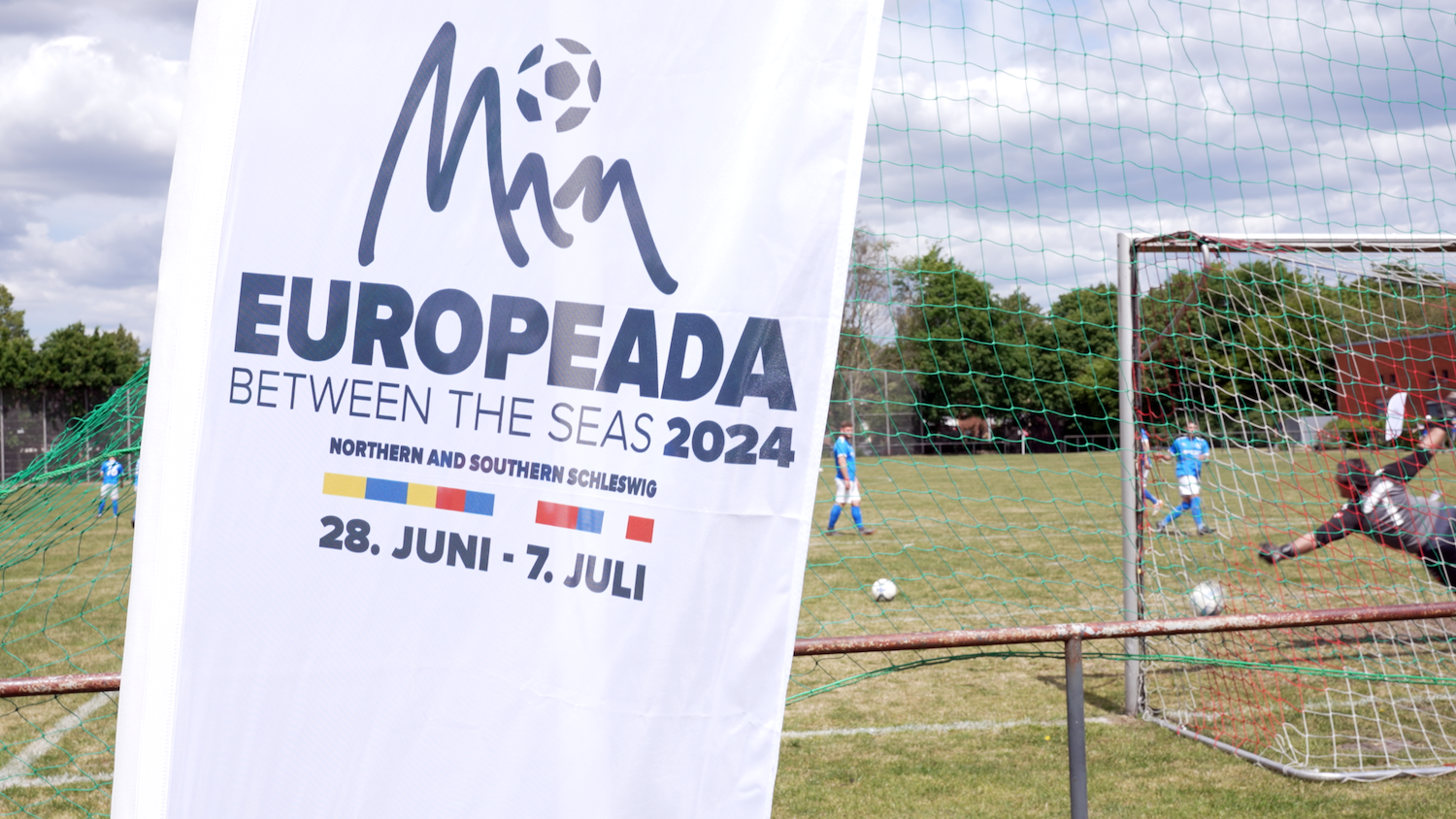
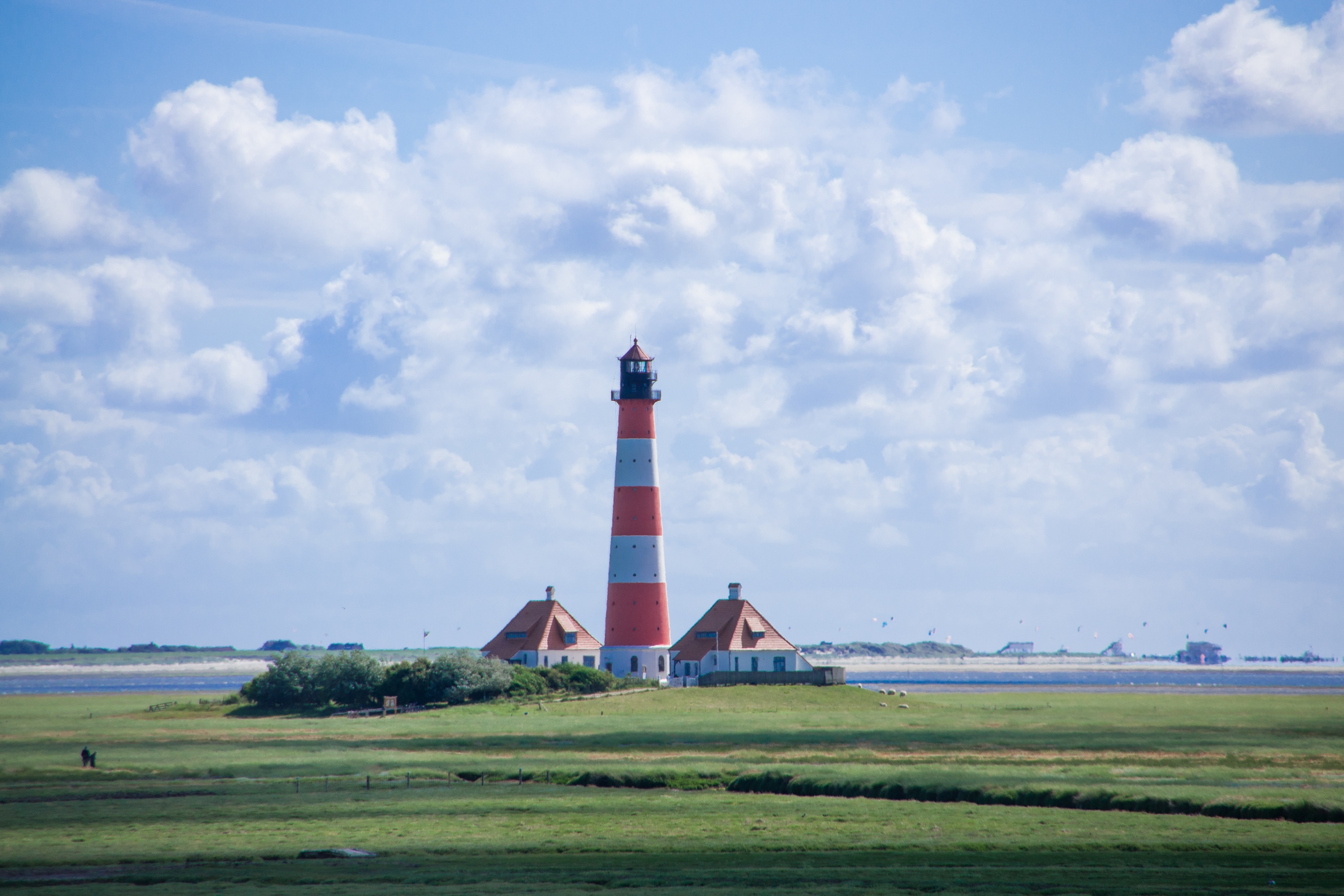
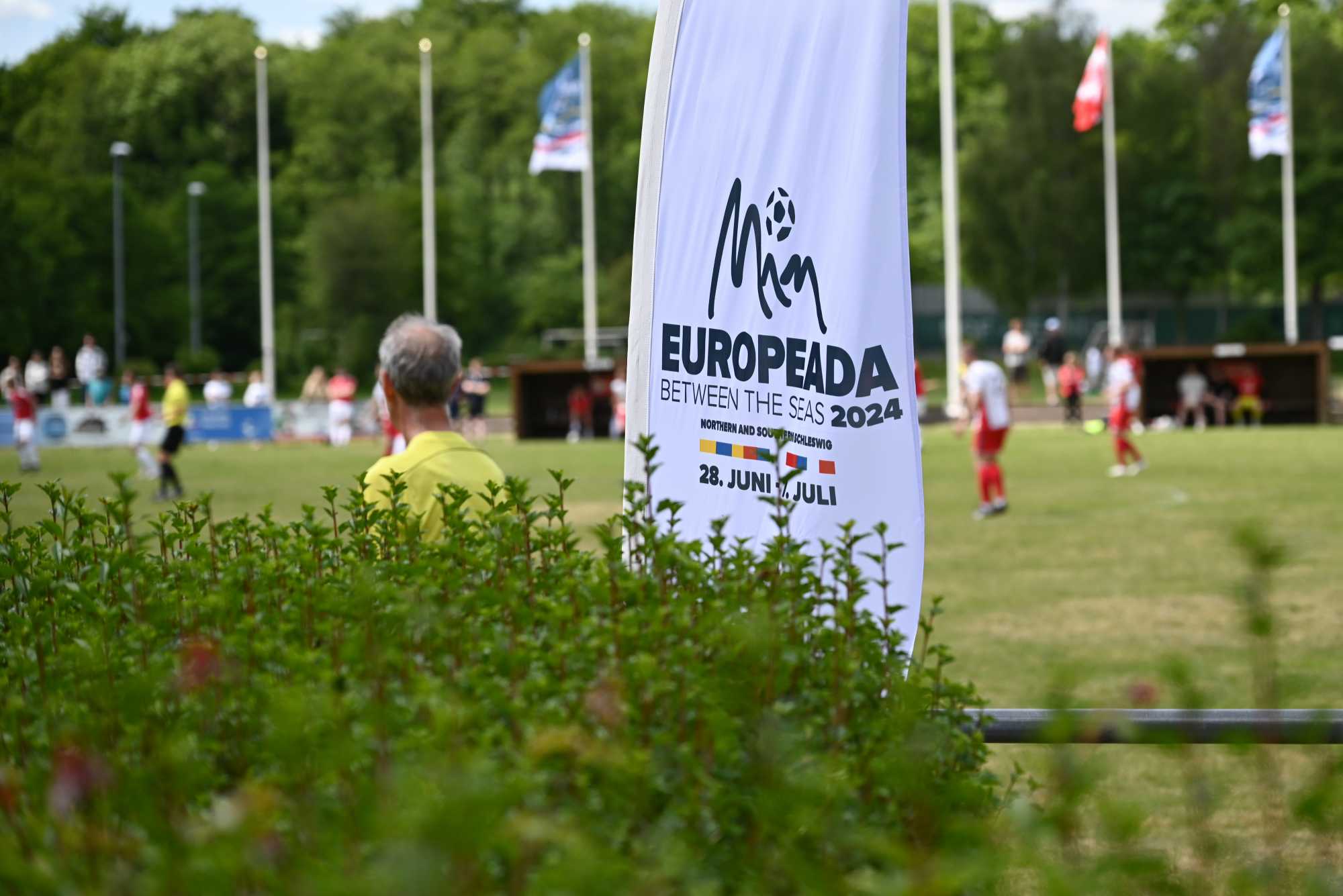
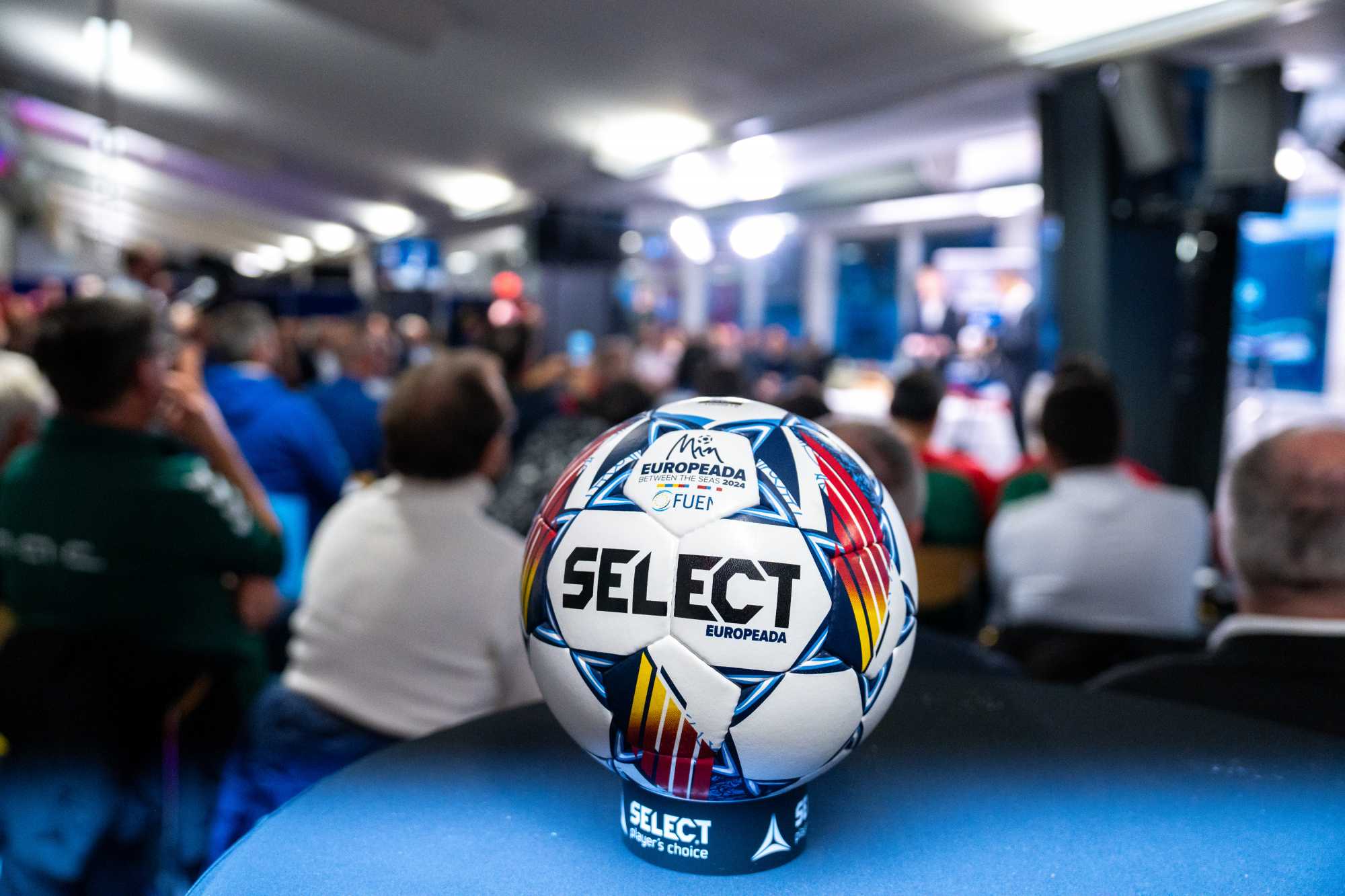
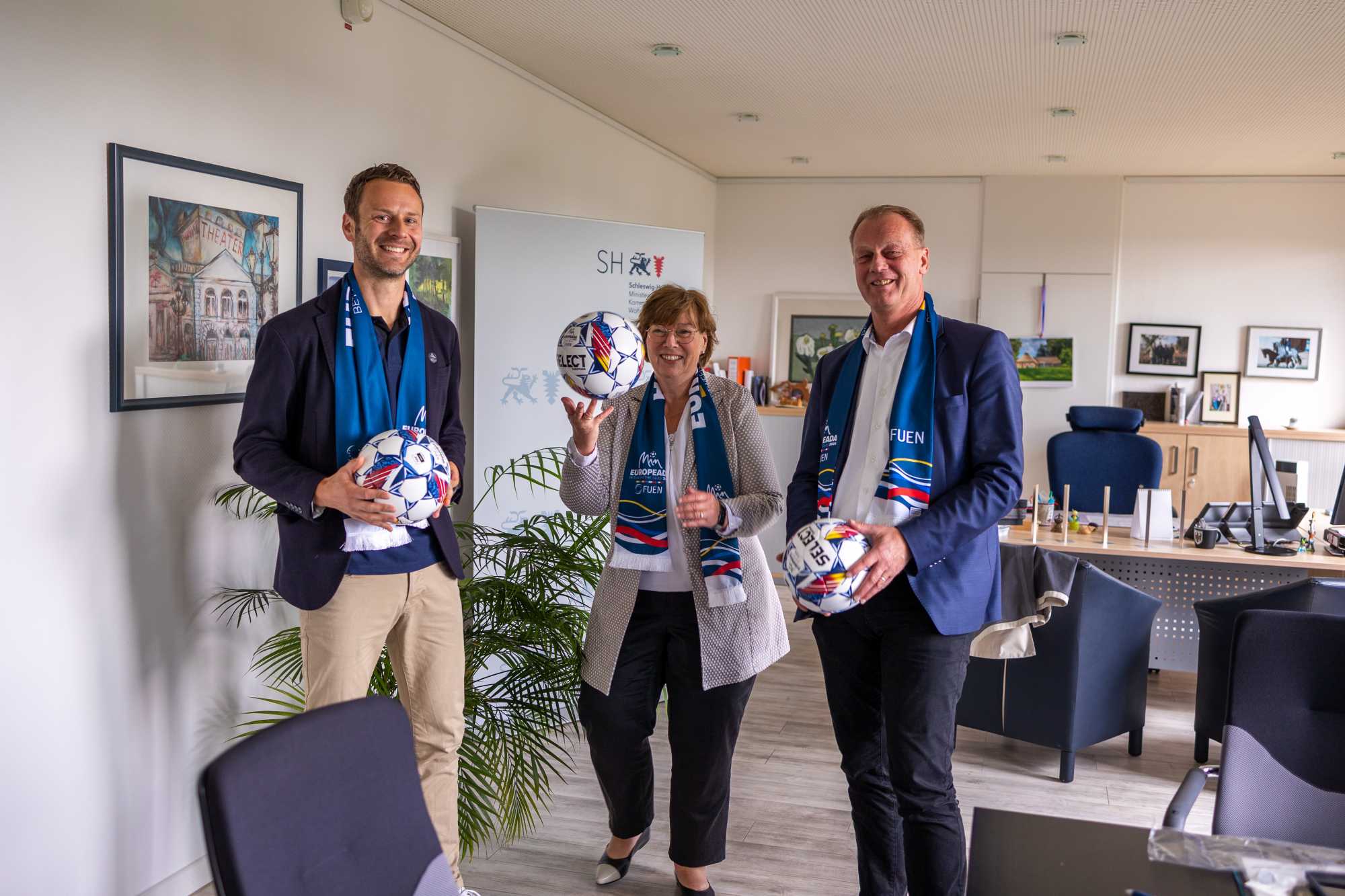
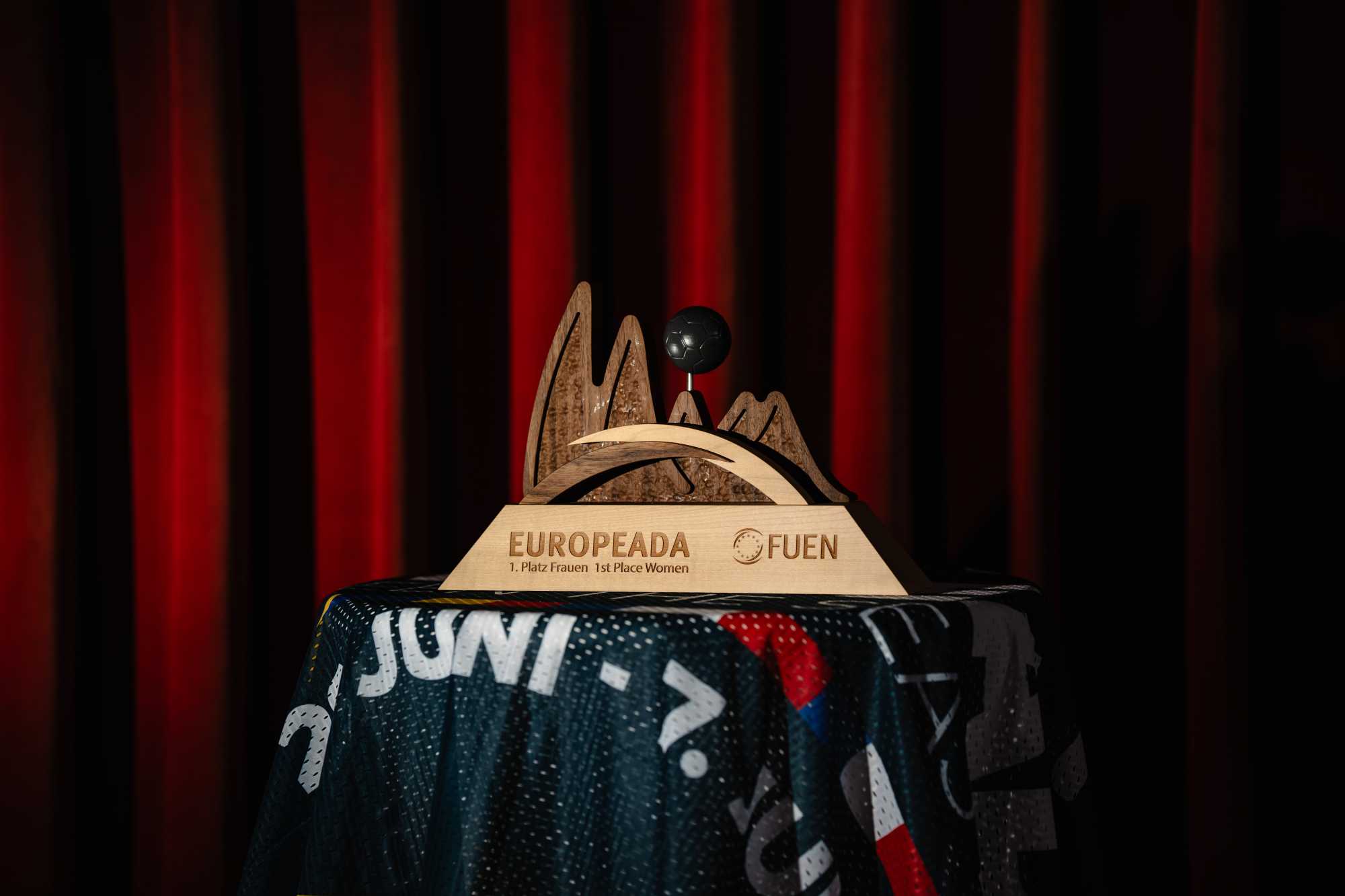


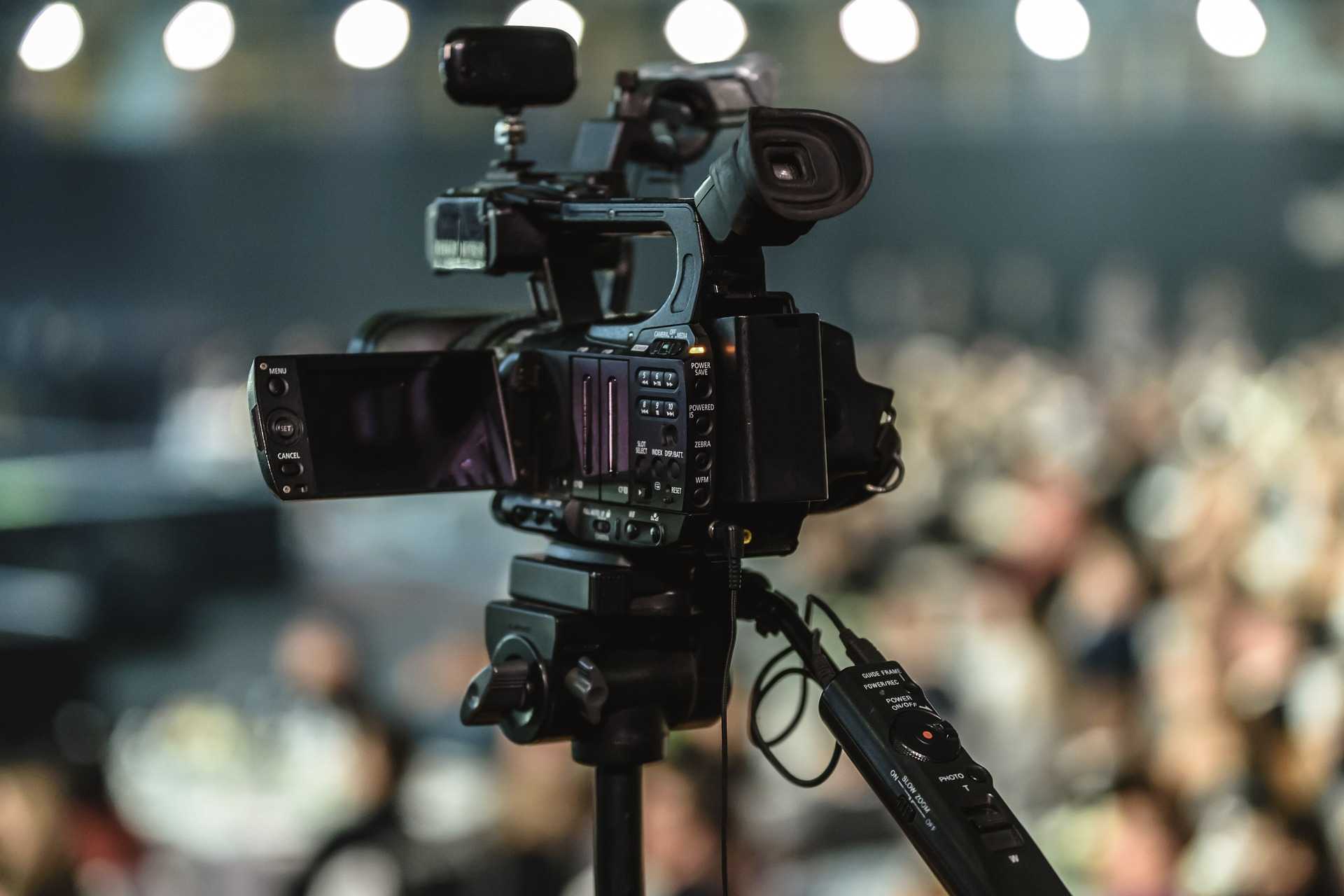
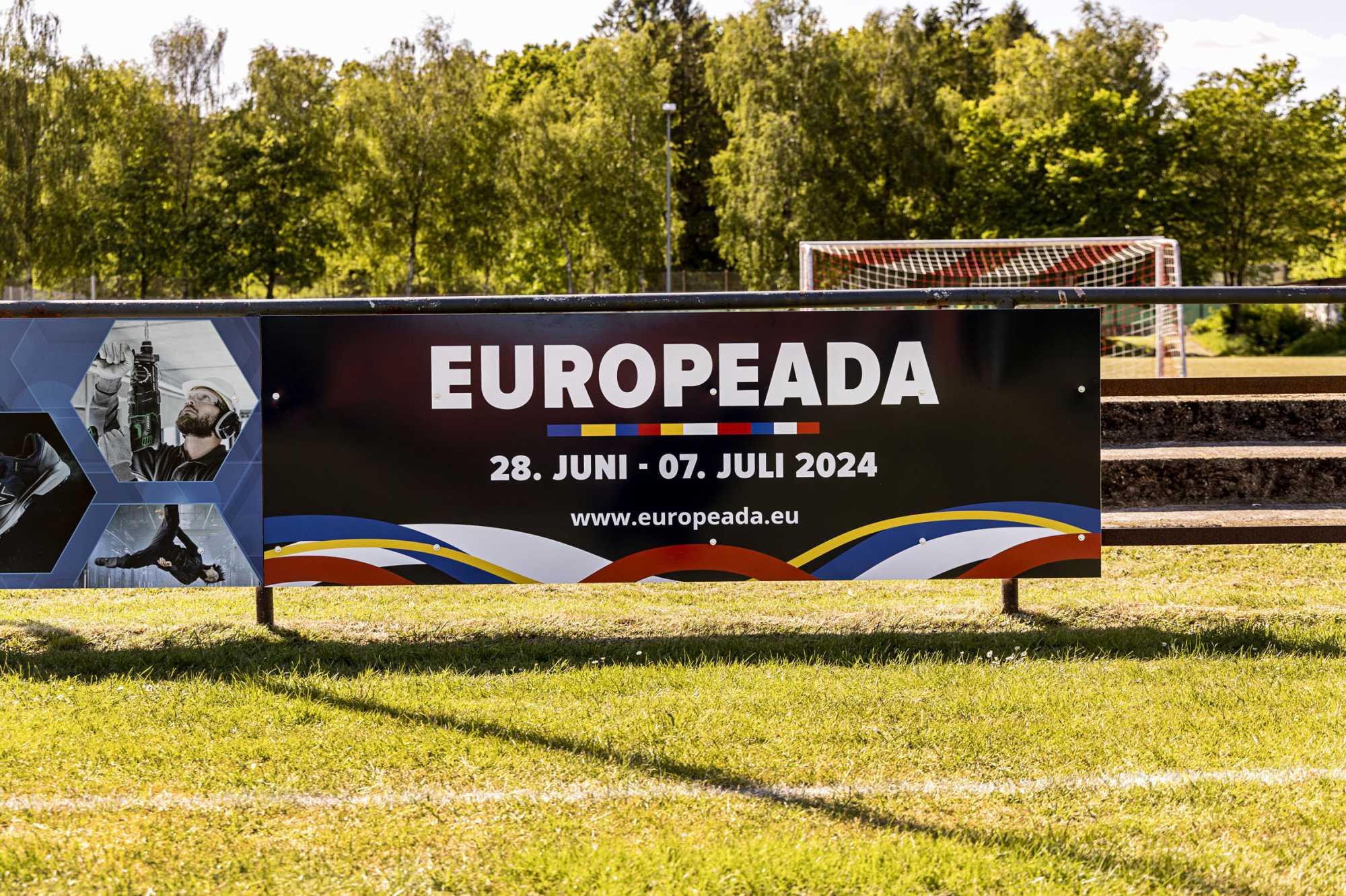
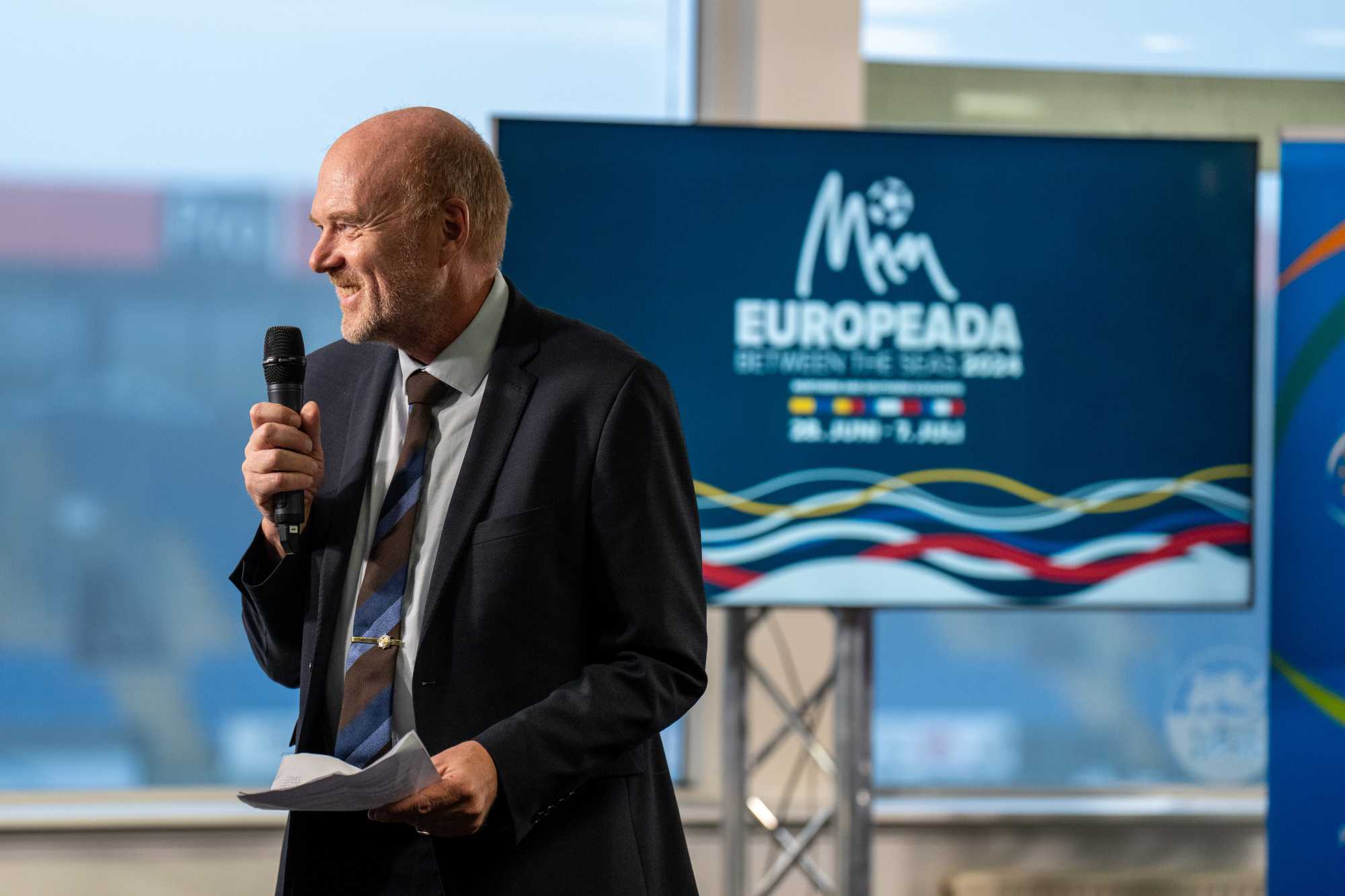
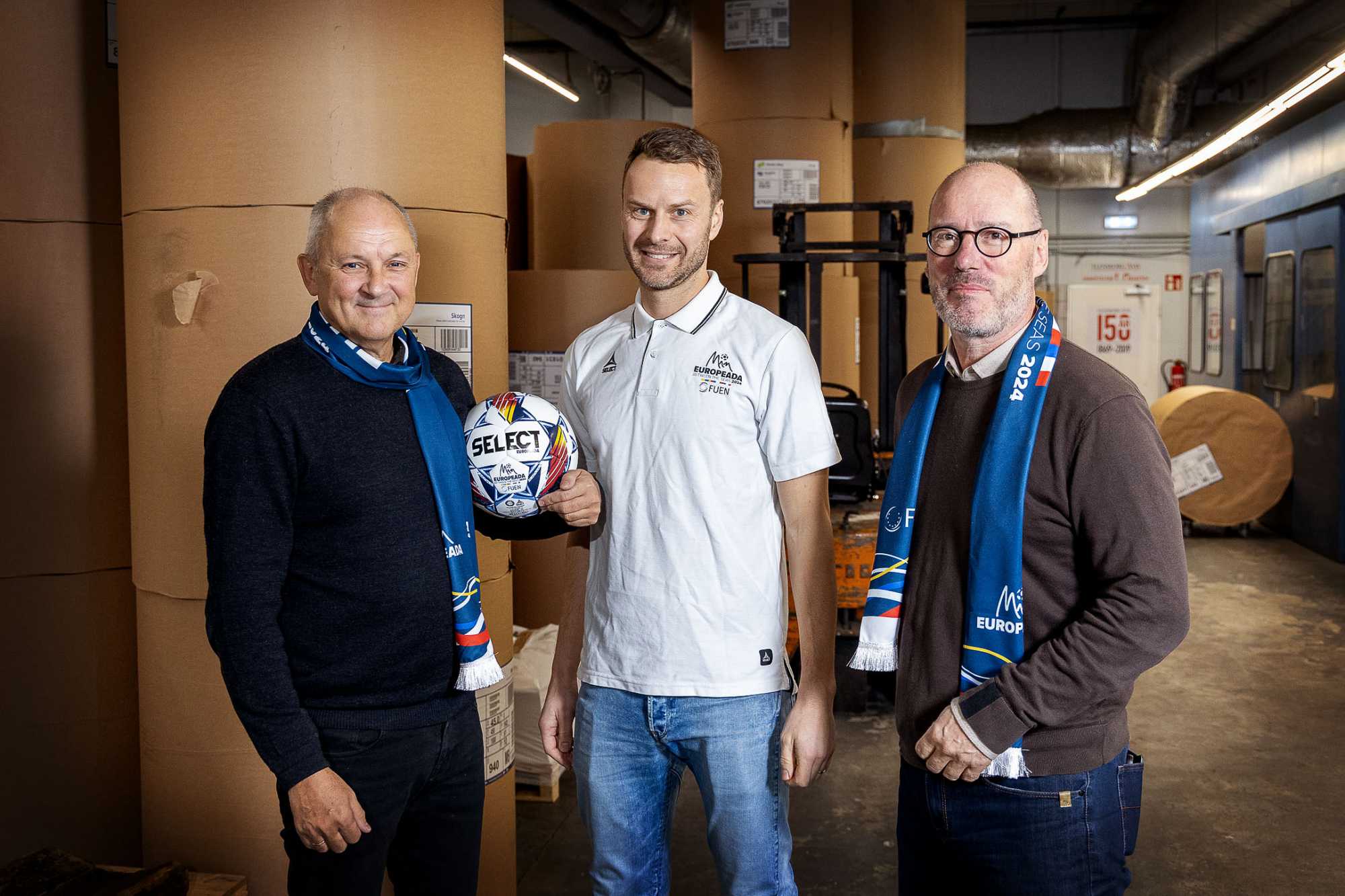
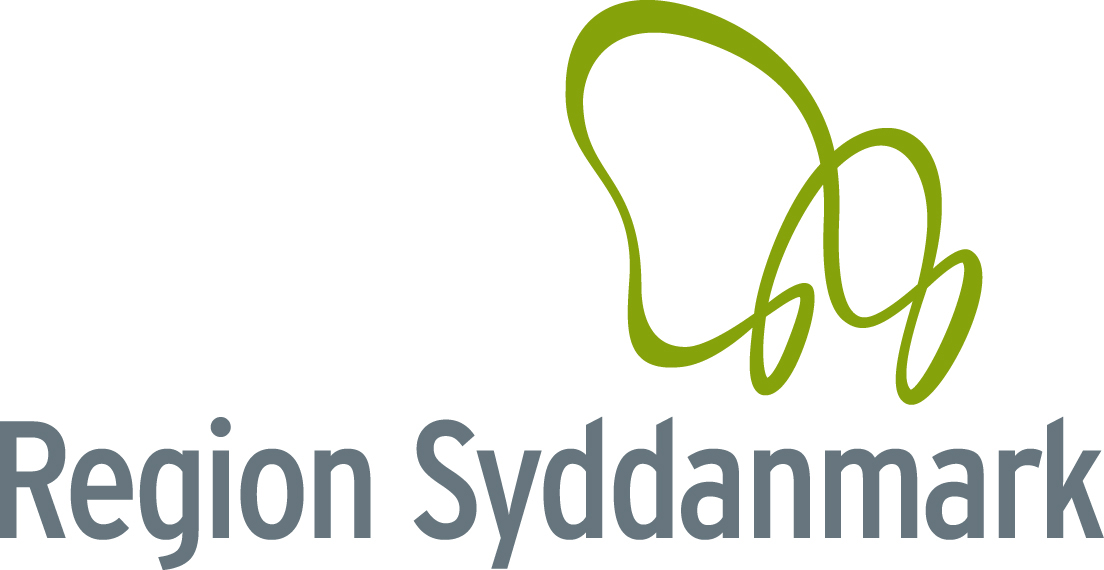
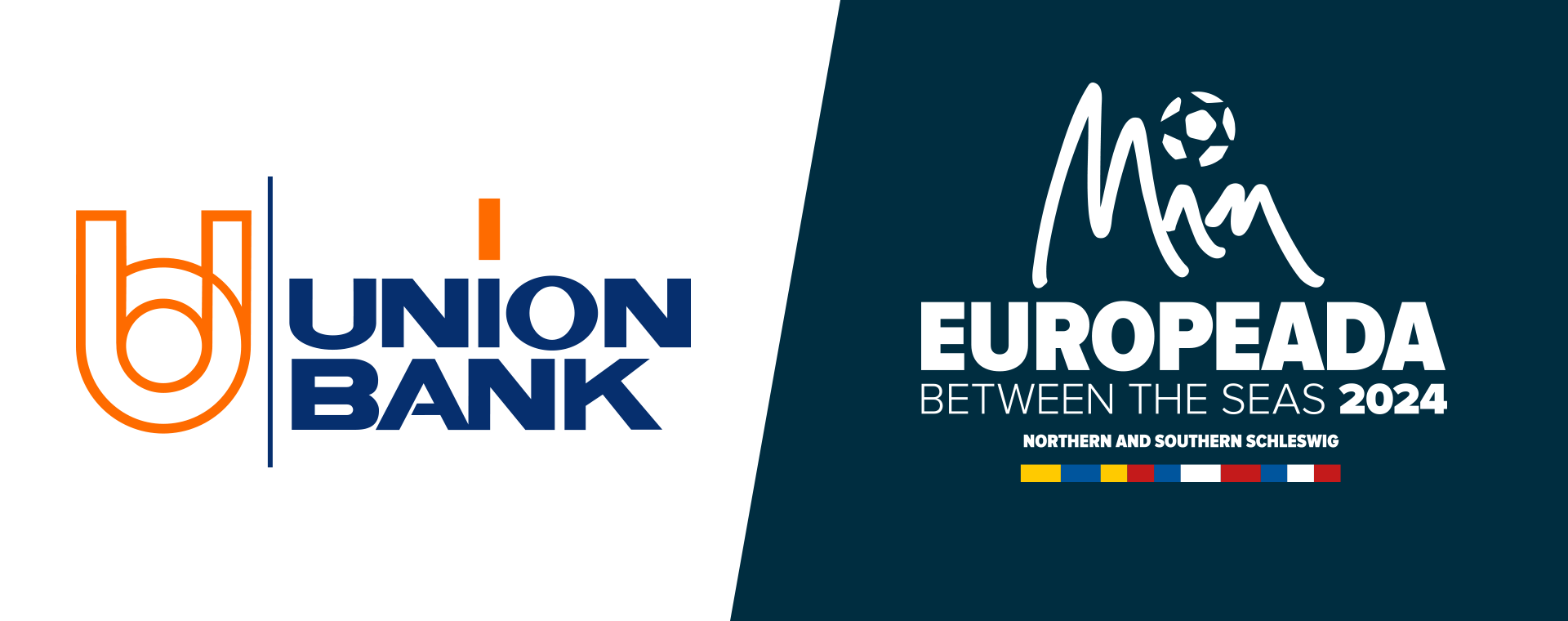
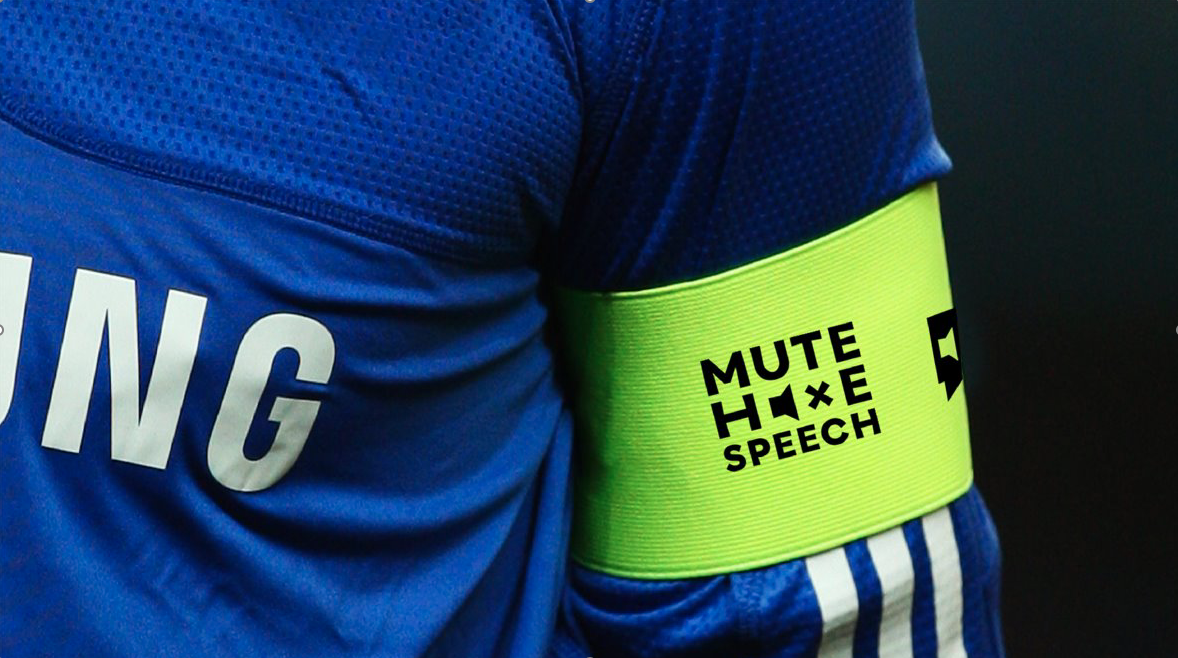
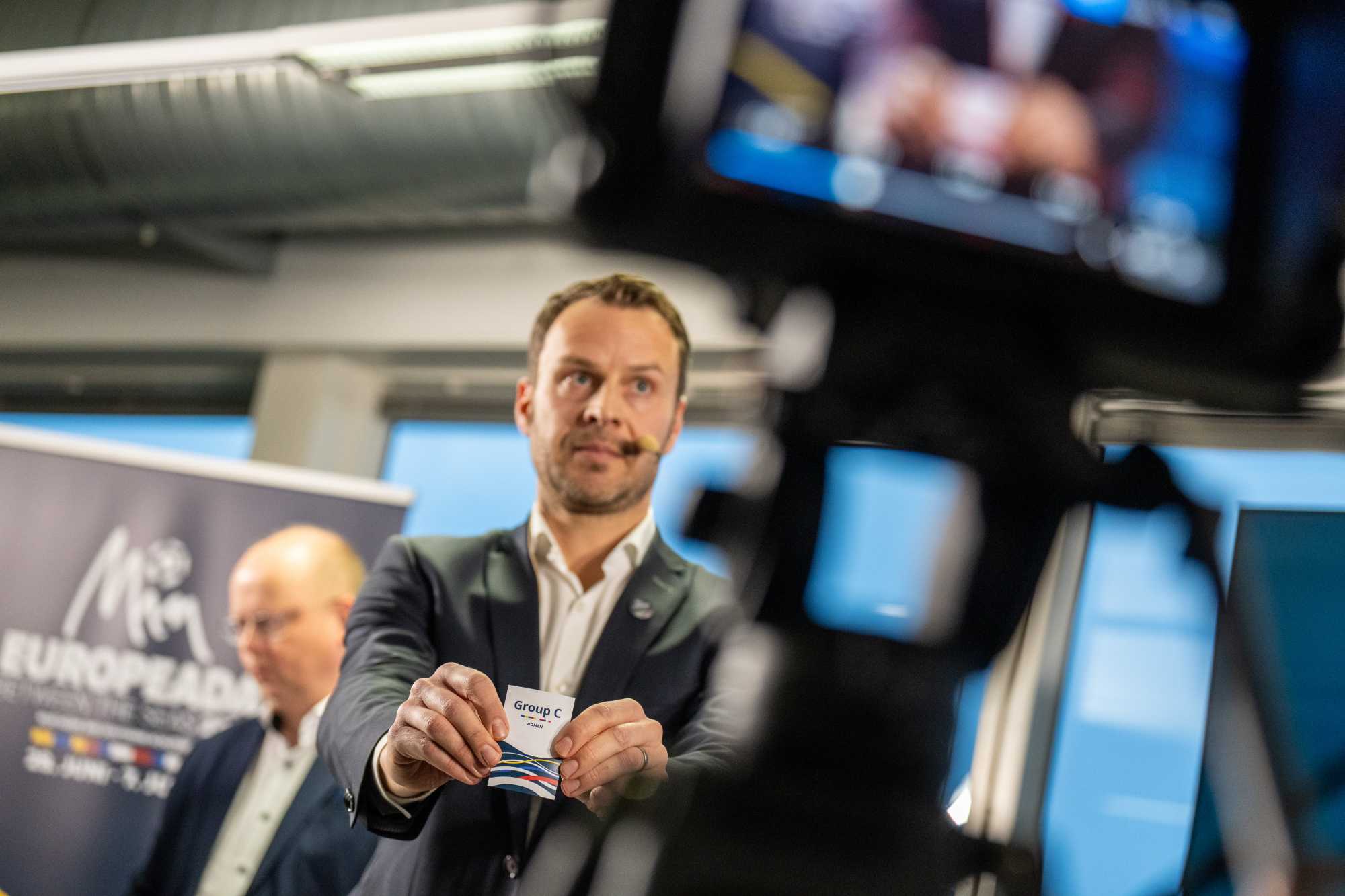
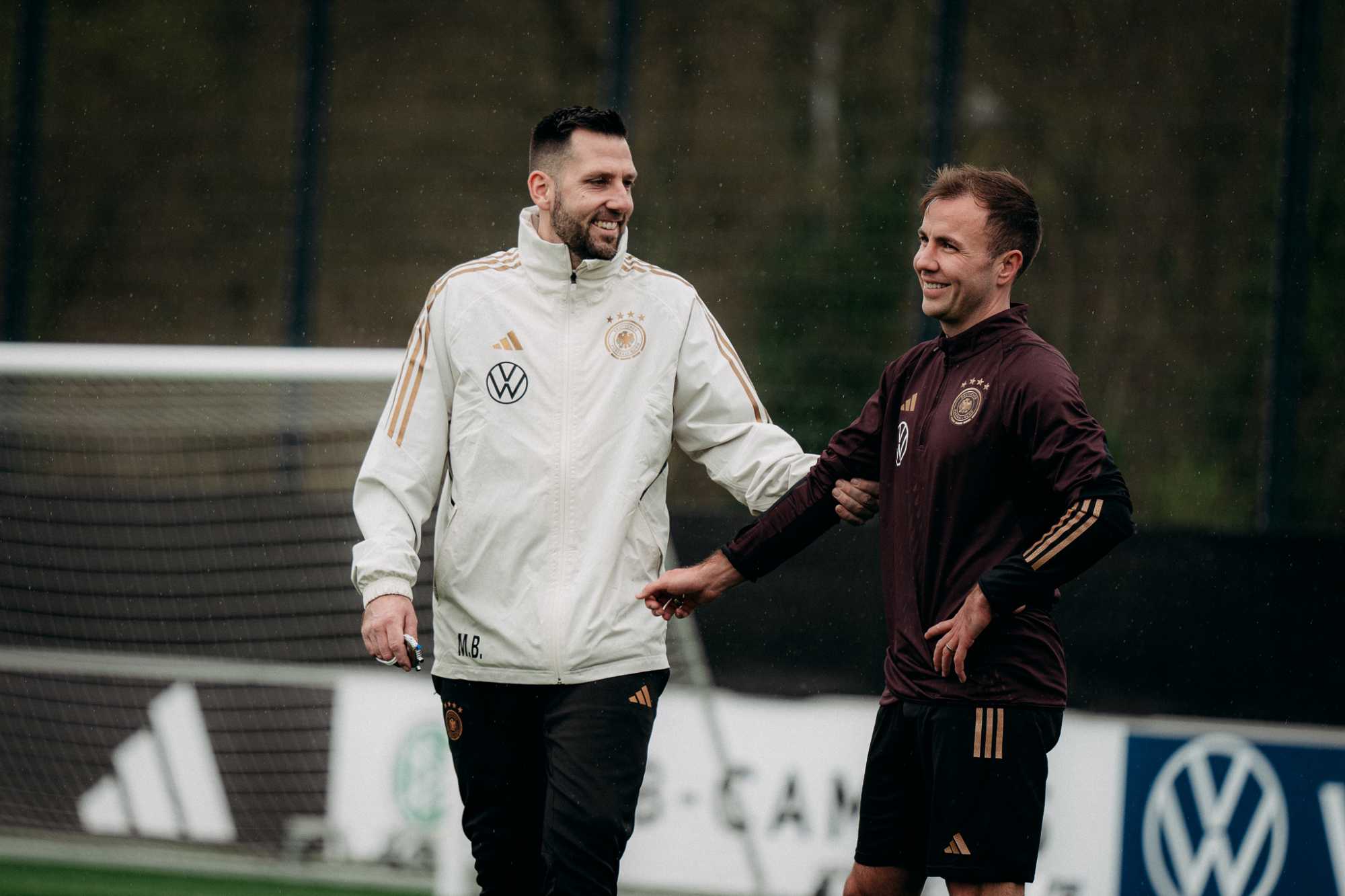

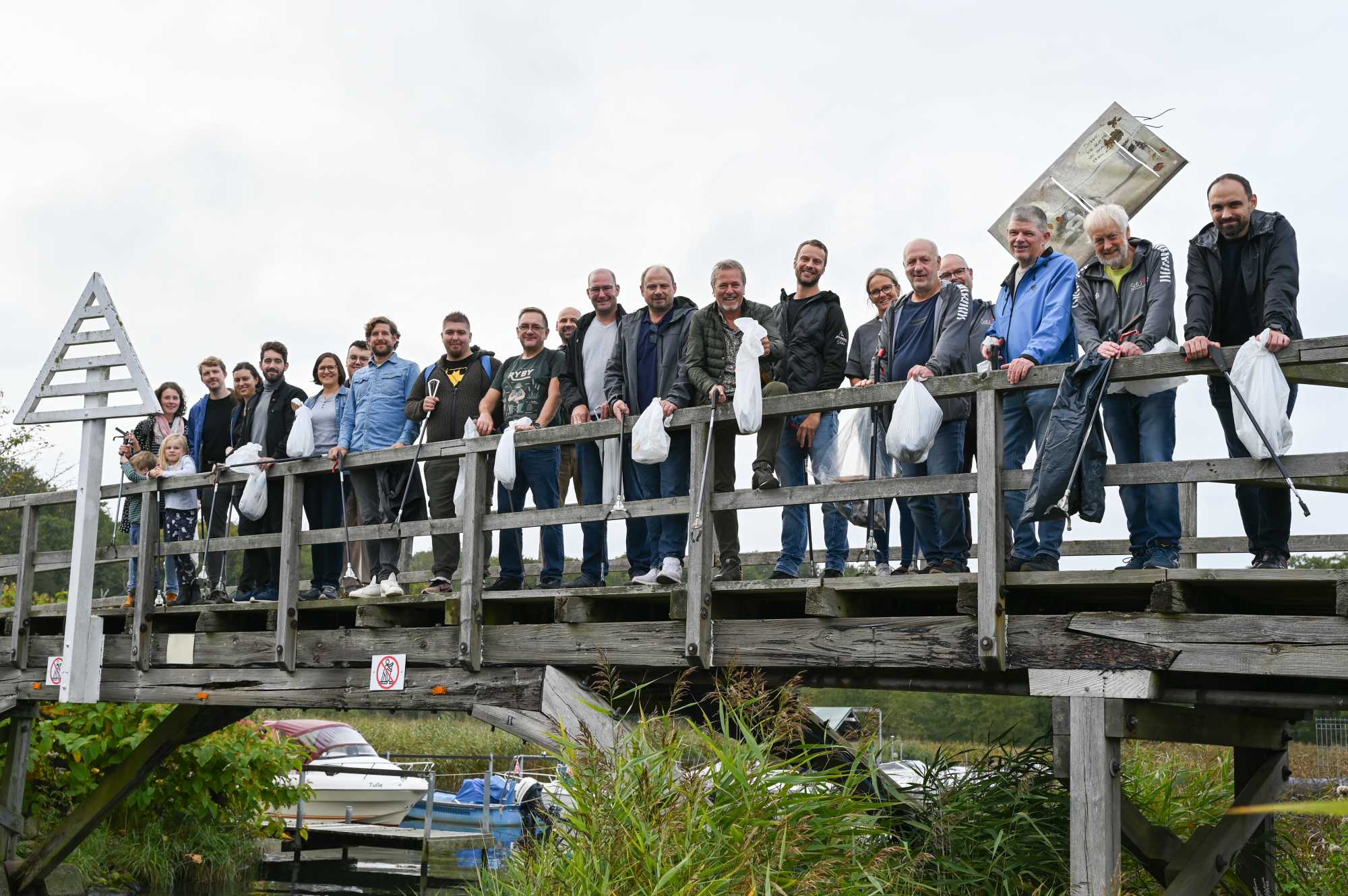
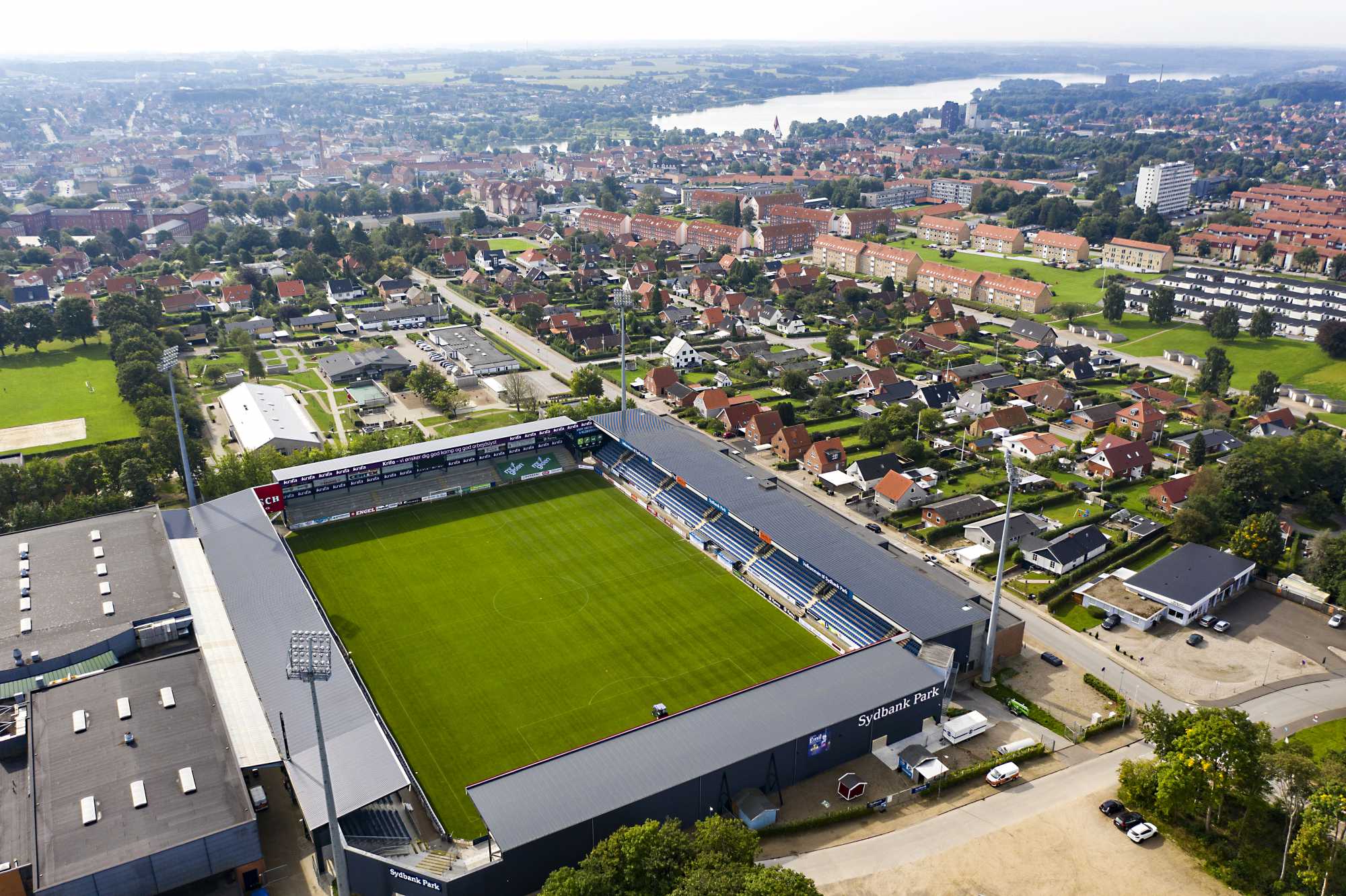
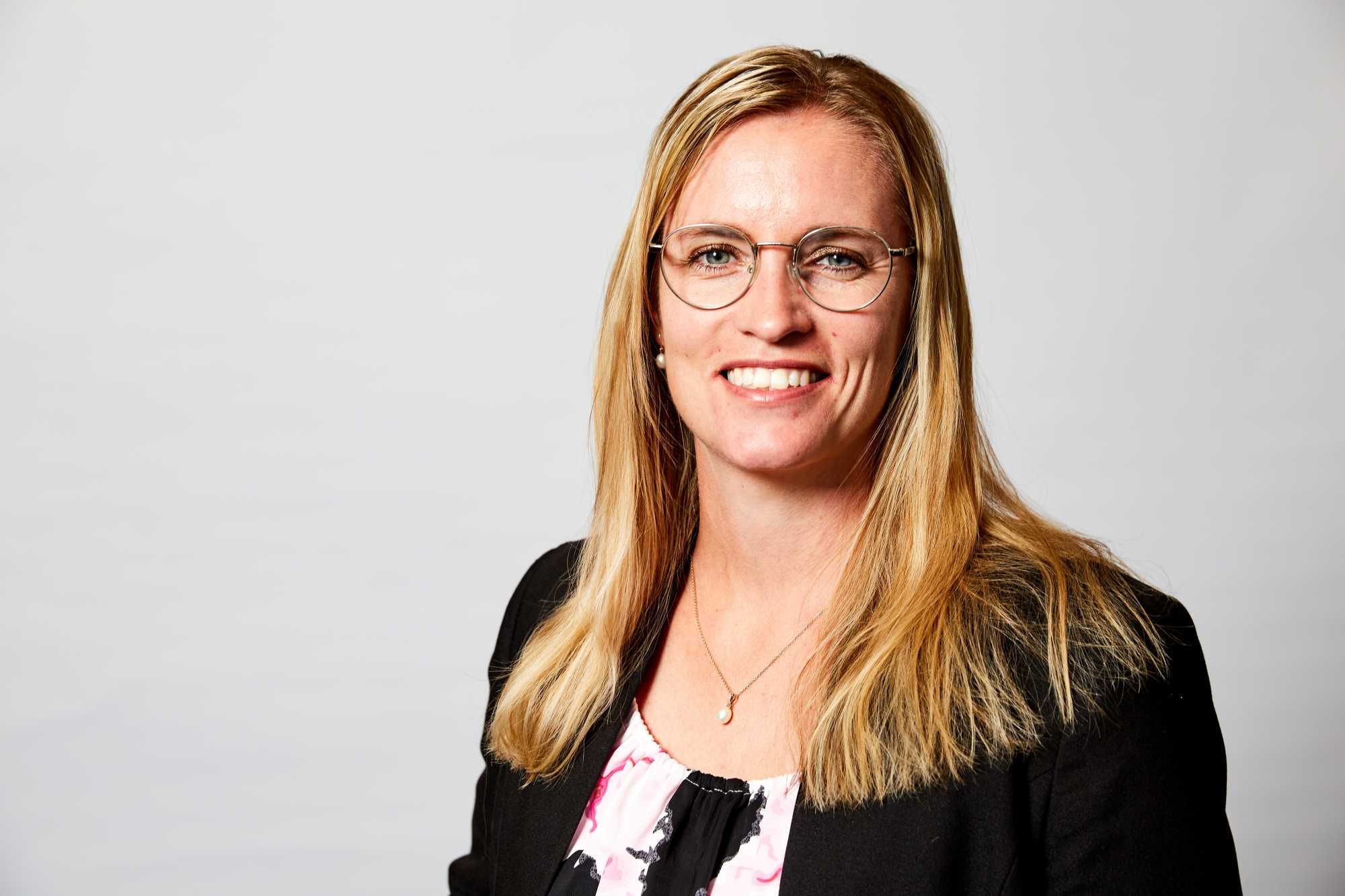
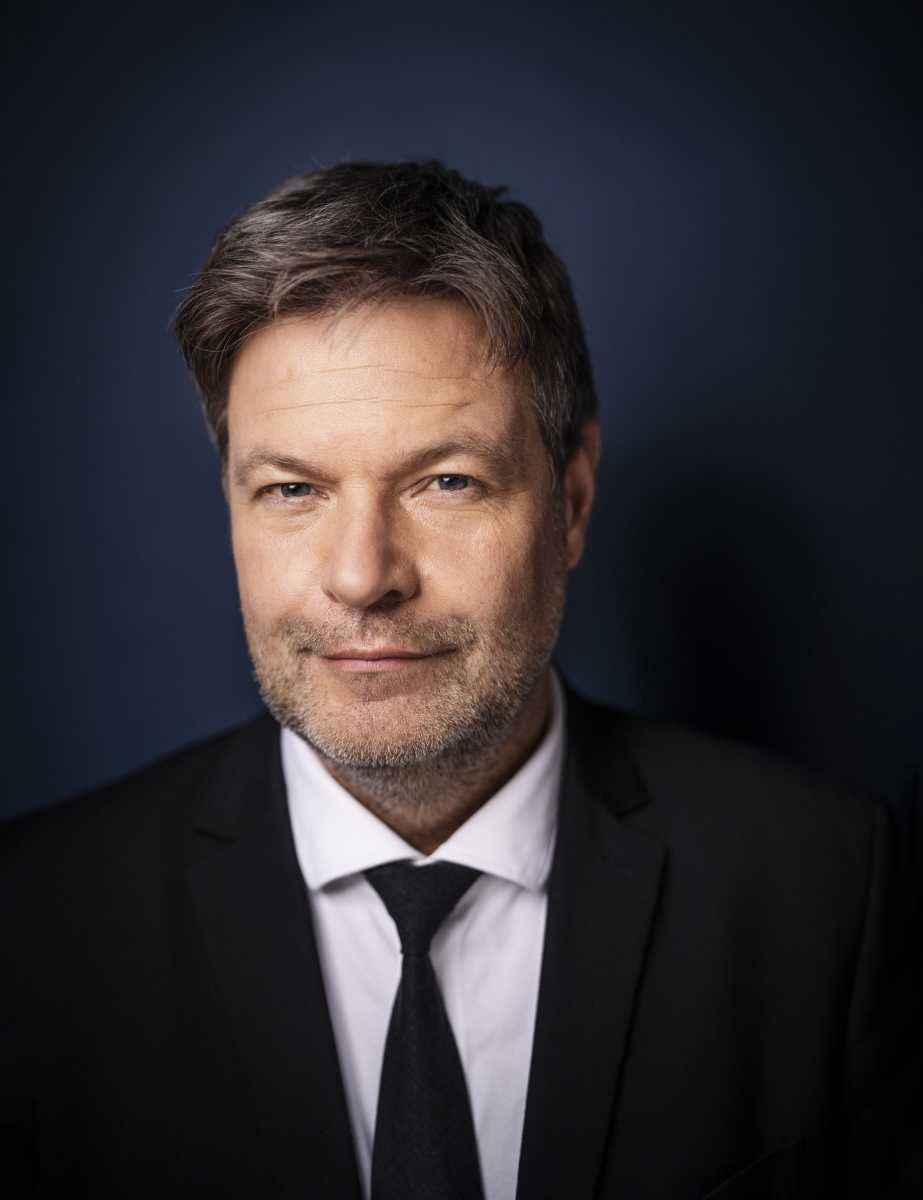
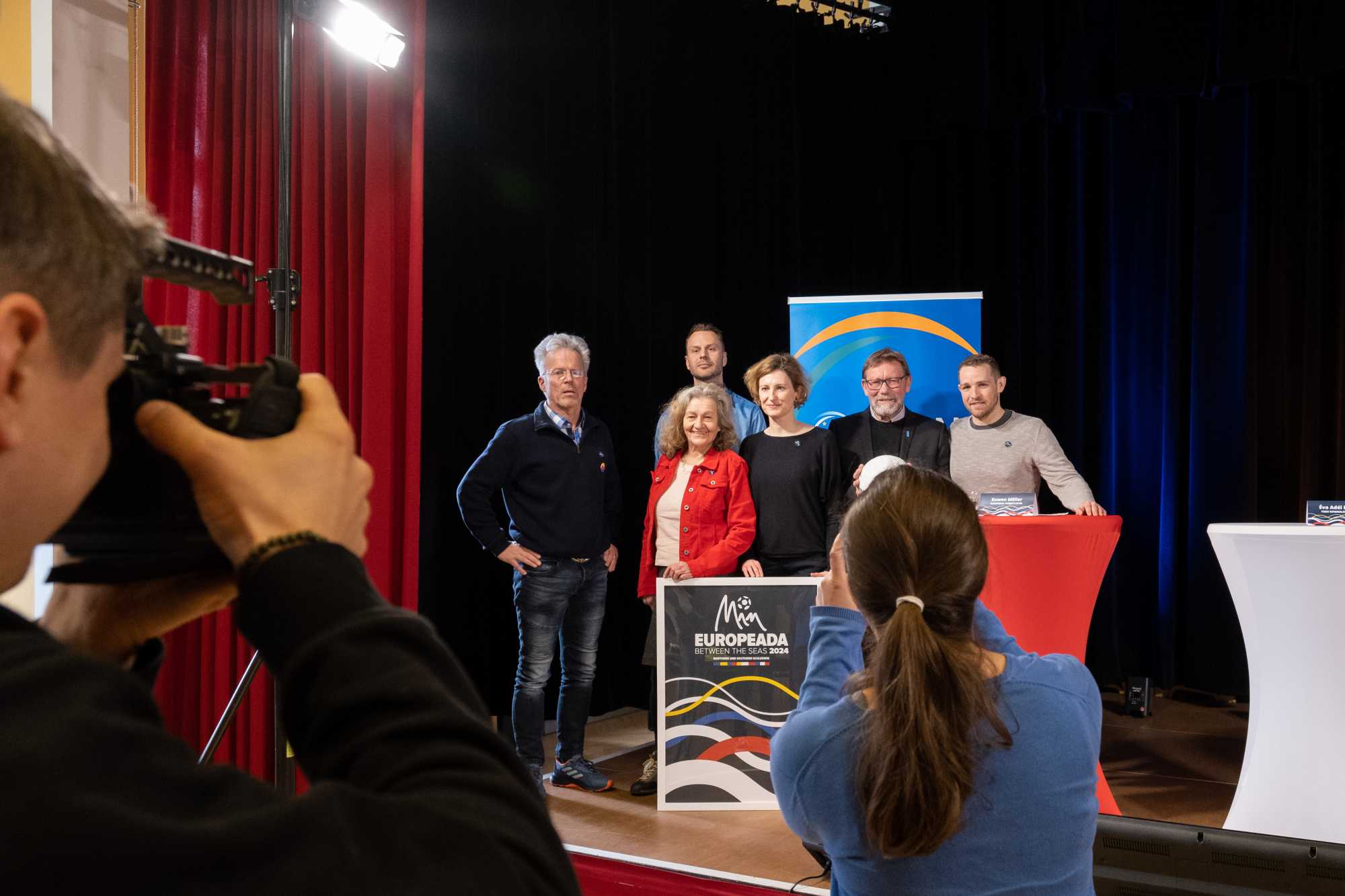



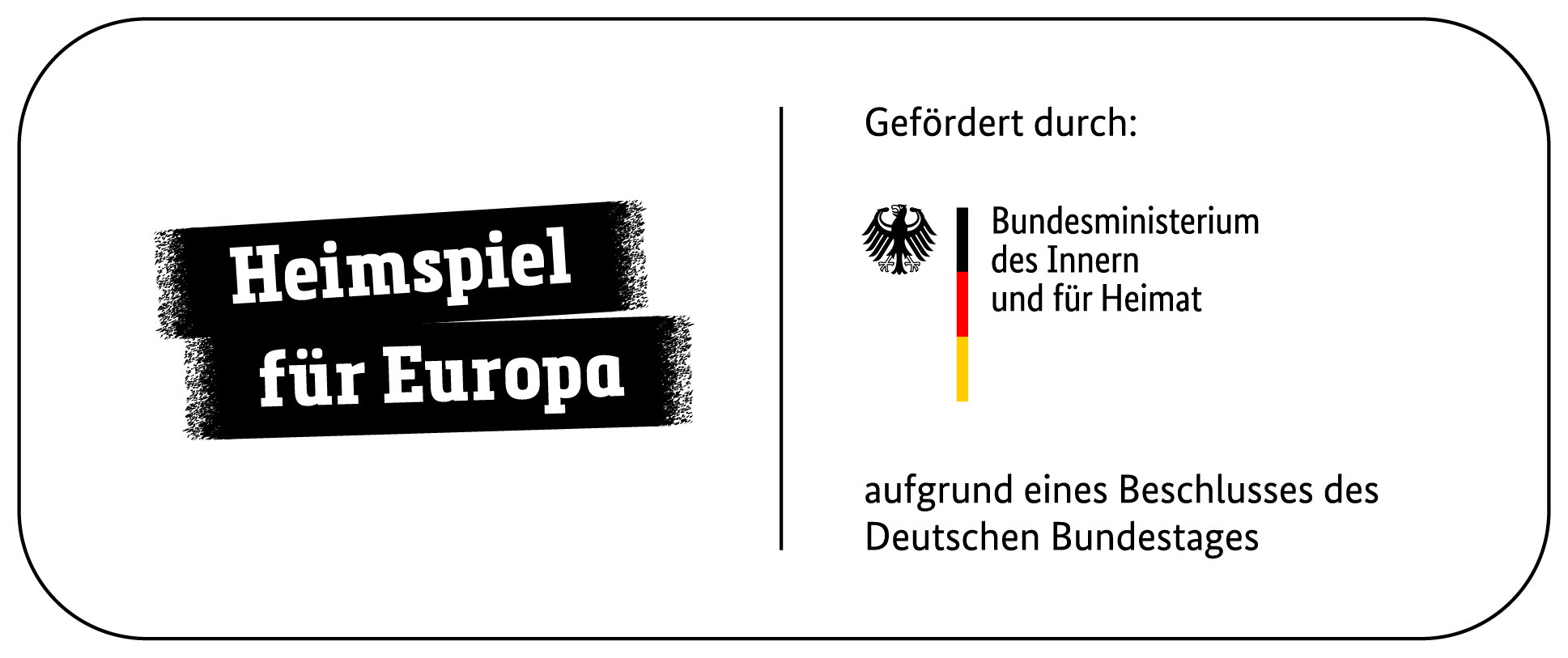
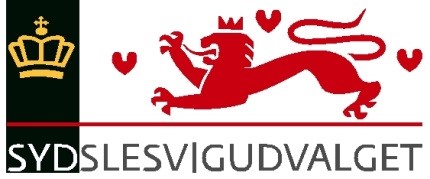



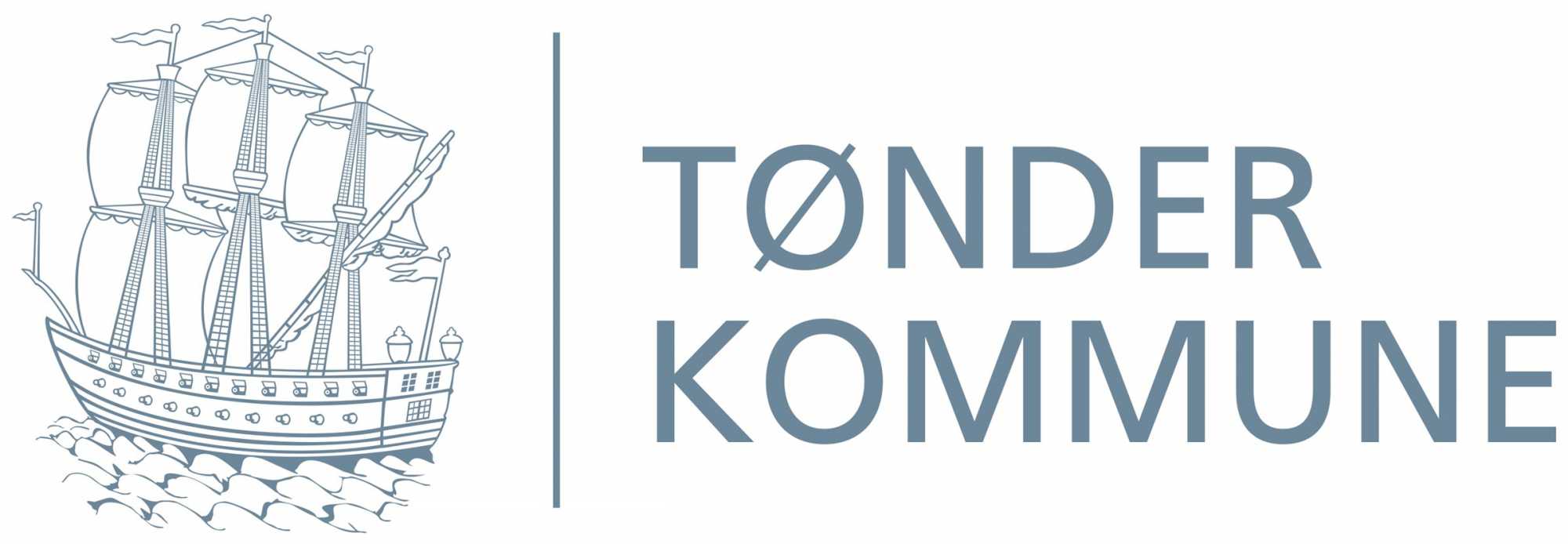
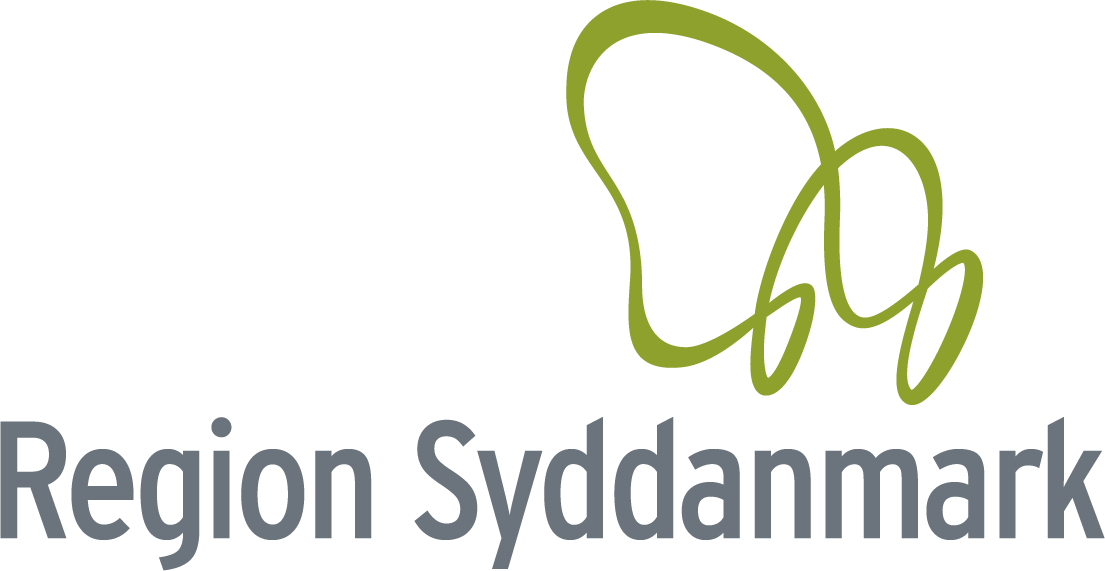
.png)



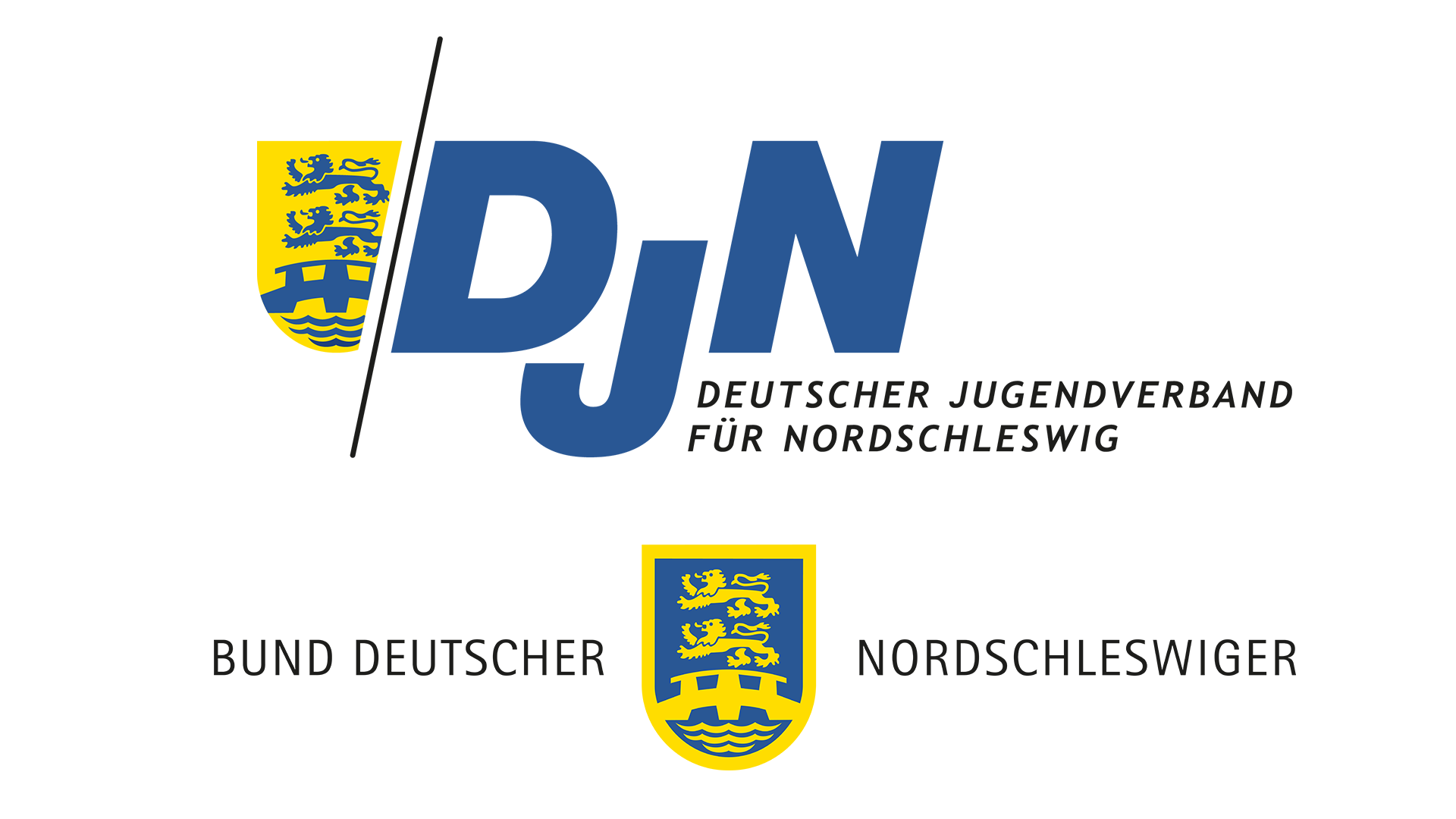
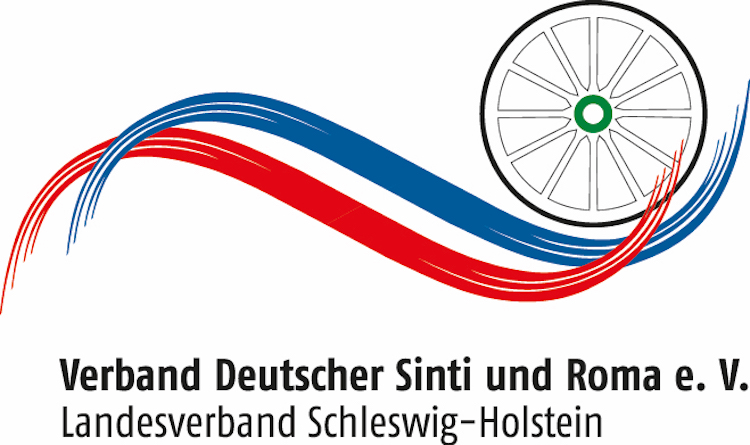

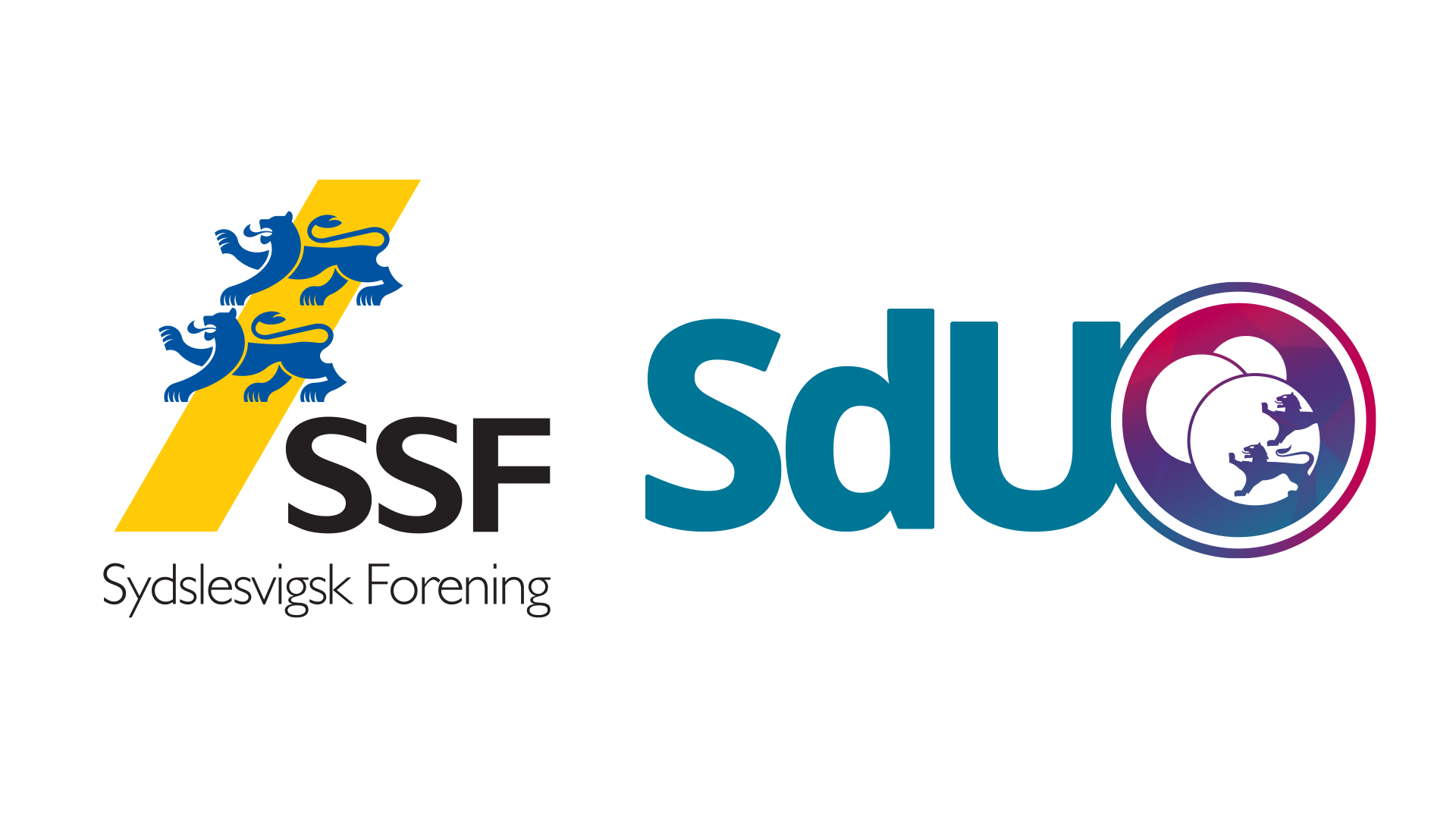
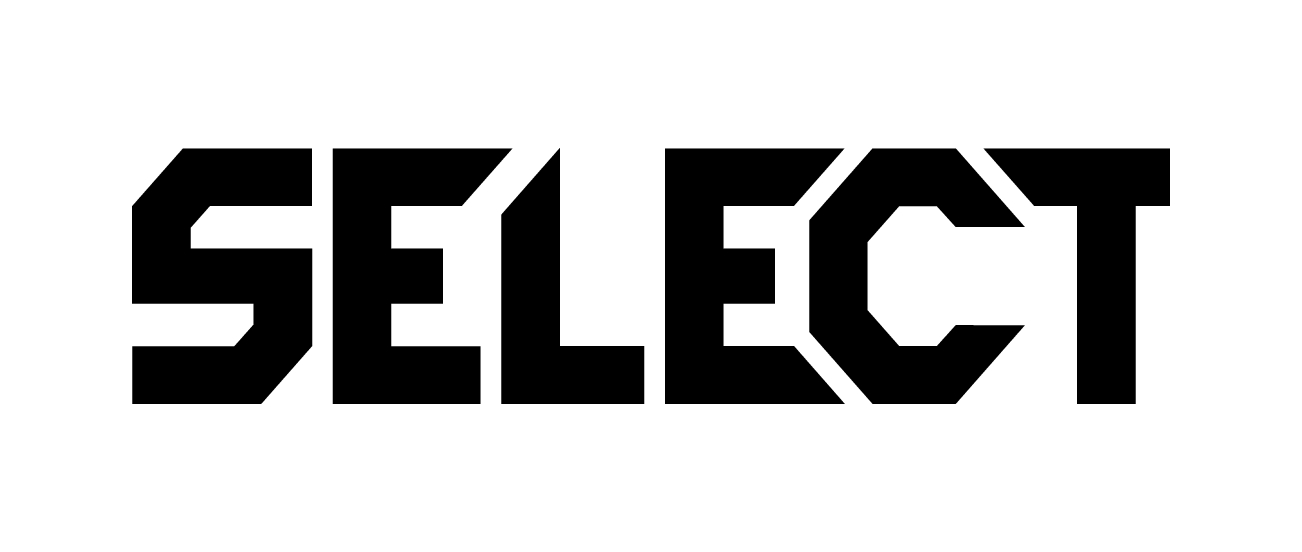

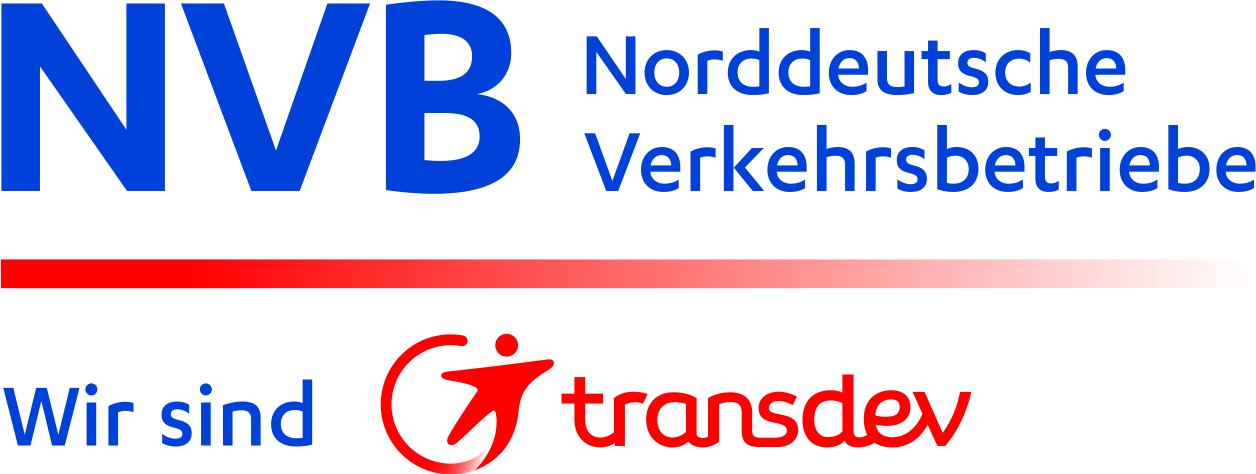

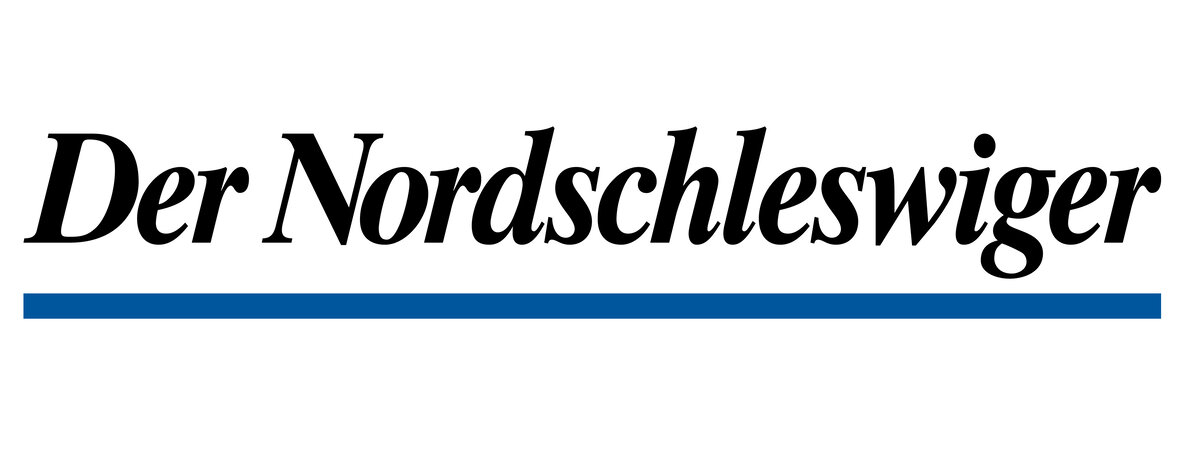




-1.png)
_(1).png)

